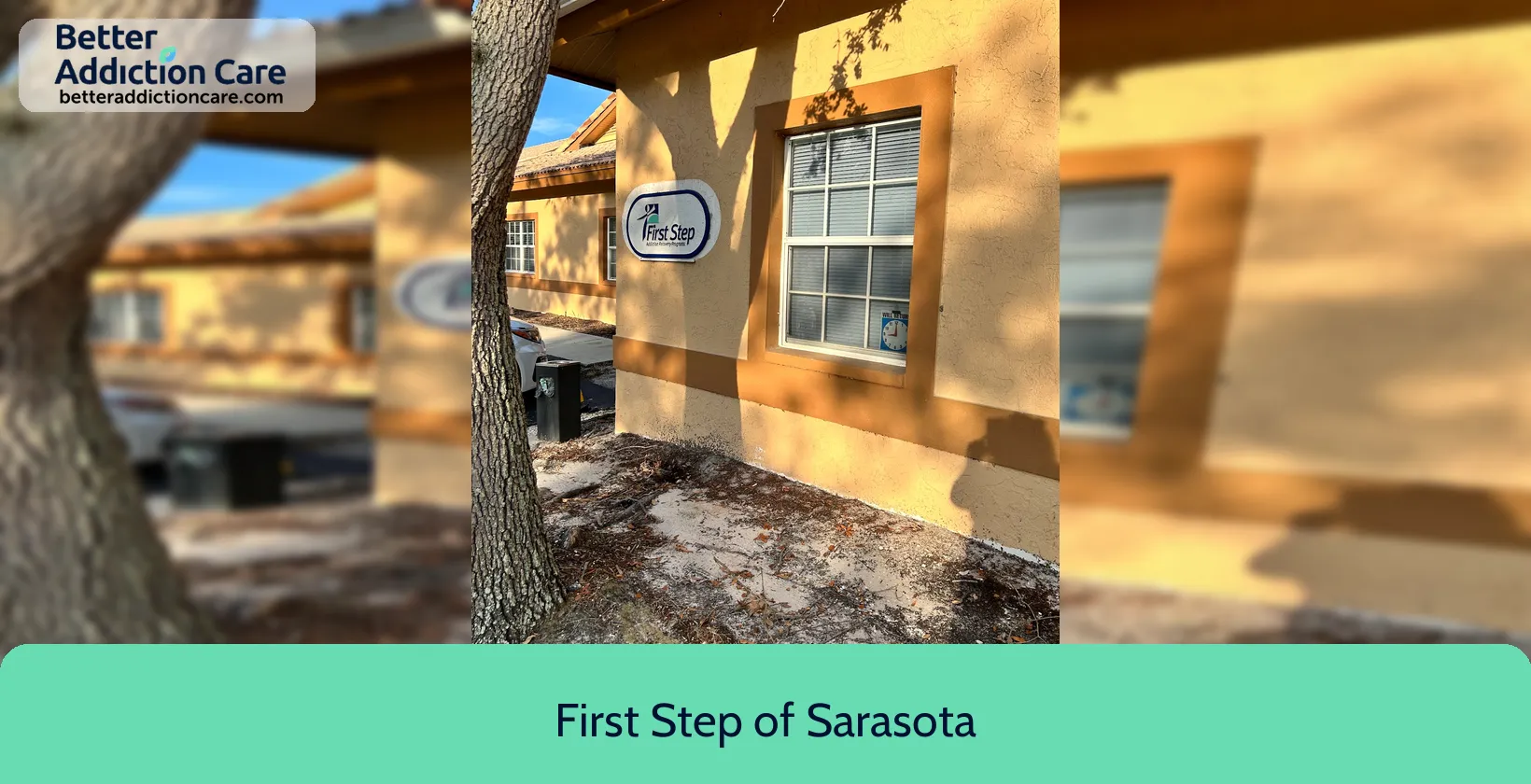709 Best Alcohol & Drug Rehabs in Florida 2024
Florida's diverse landscape and warm climate provide a unique setting for those seeking rehabilitation, offering a peaceful, healing environment. From beachfront facilities to serene countryside retreats, Florida's rehab centers cater to a wide range of preferences and needs.
Rehab is short for rehabilitation, or the process of restoring yourself to the life you want to live after struggling with drug or alcohol addiction. Rehab is an important step because it seeks to address the underlying reasons behind your addiction and what you can do to overcome them in the long term.
To determine the top Florida rehab centers, consider their accreditations, certifications, and ratings from others who have participated.
709 Treatment Centers in Florida, US
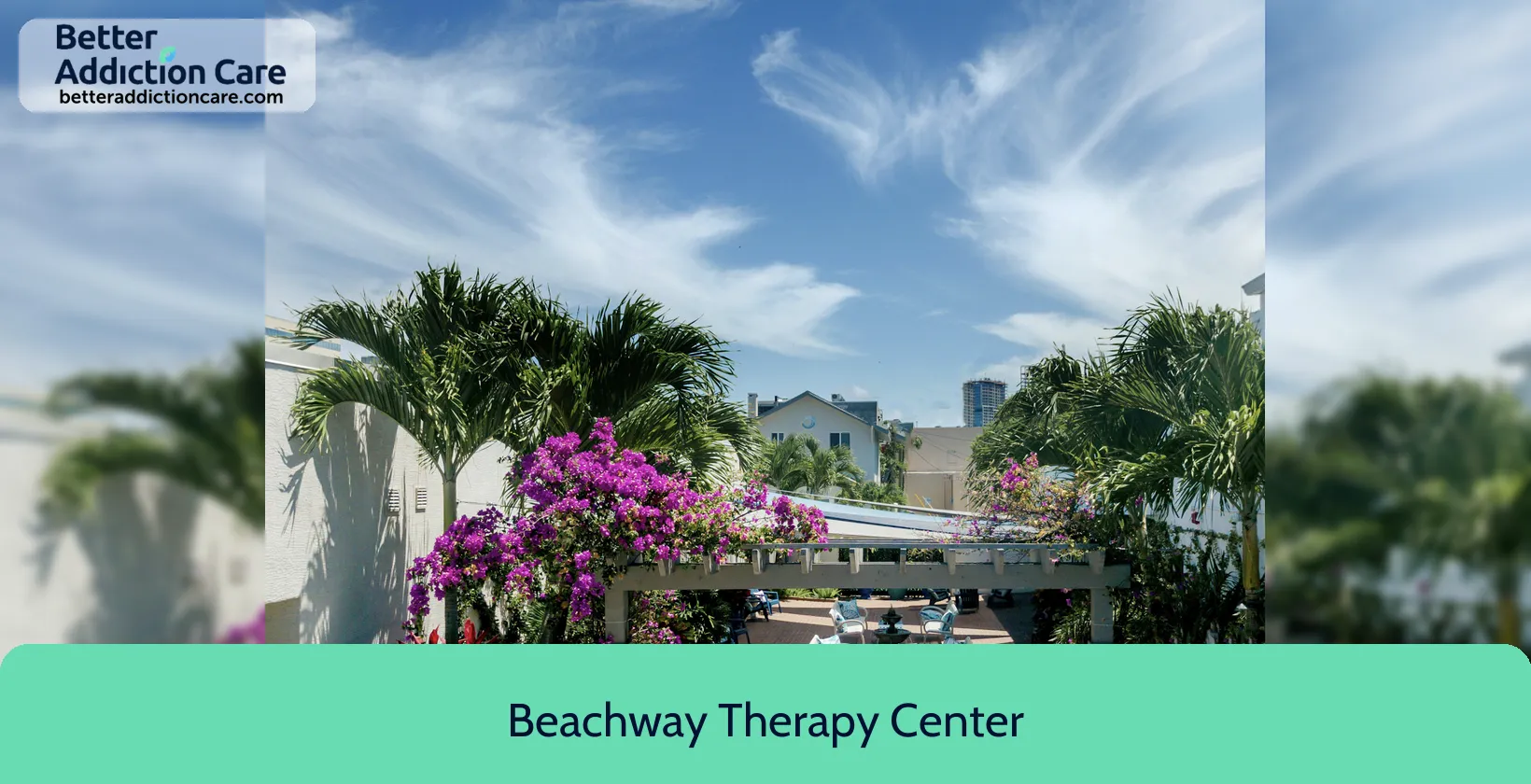
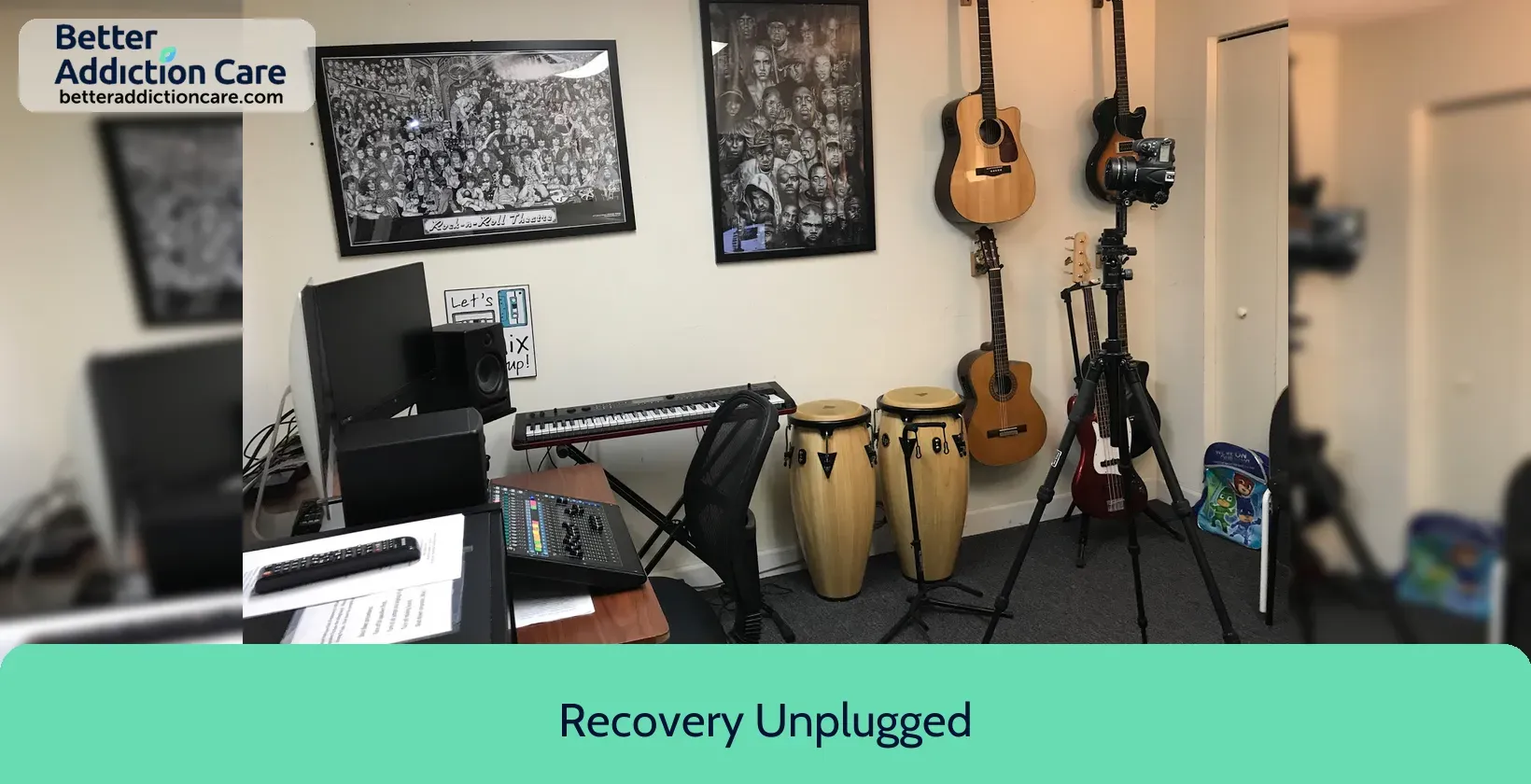
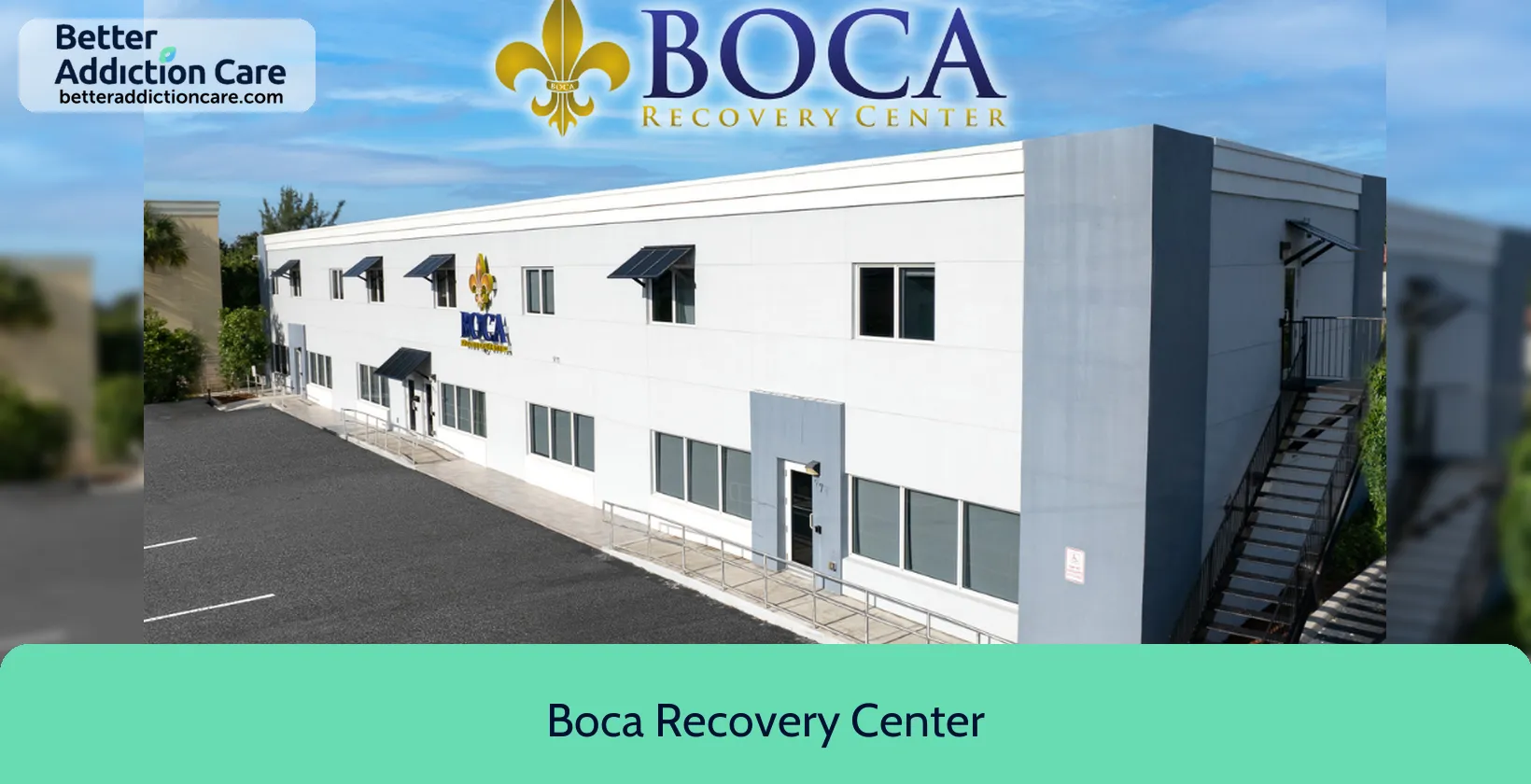

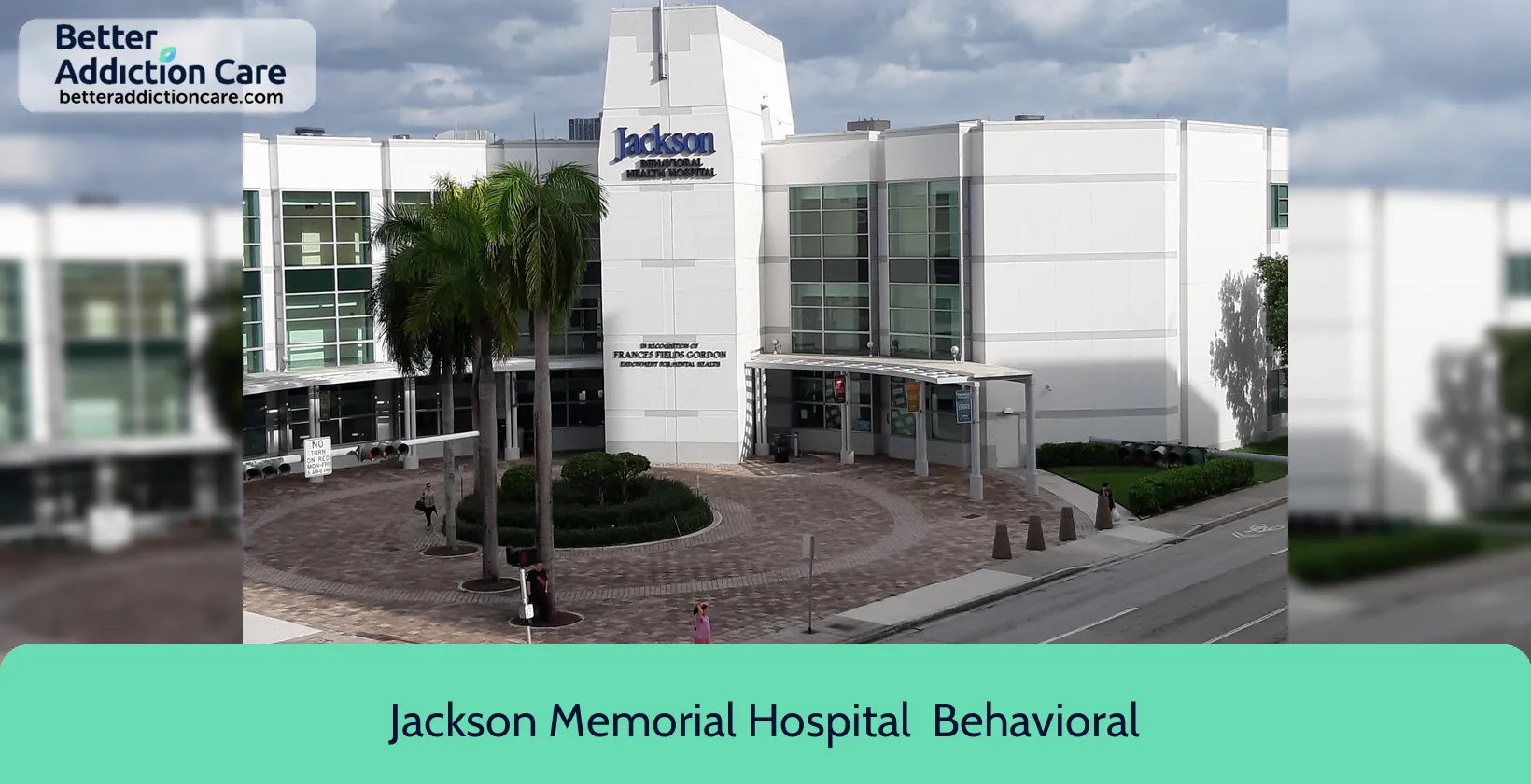

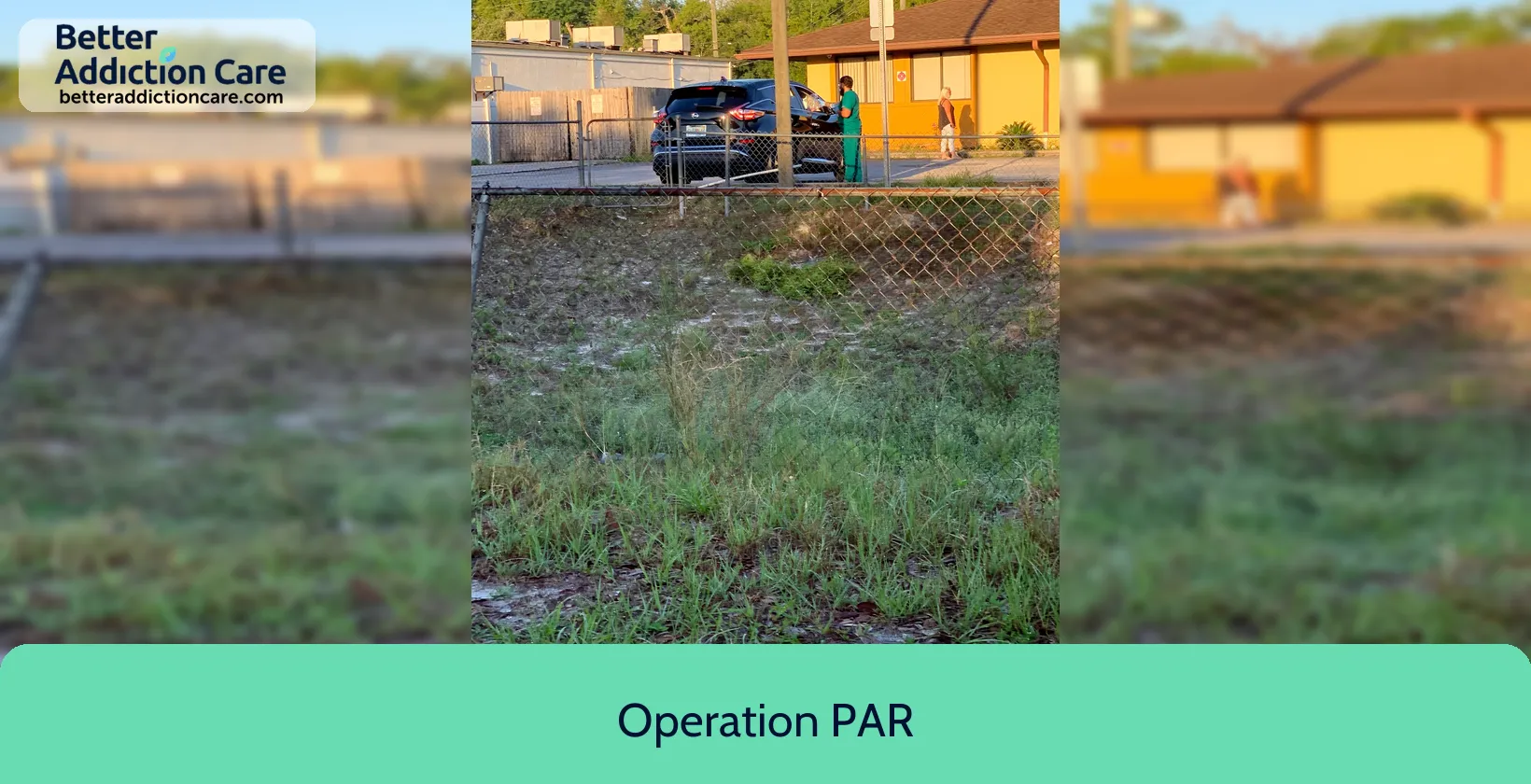
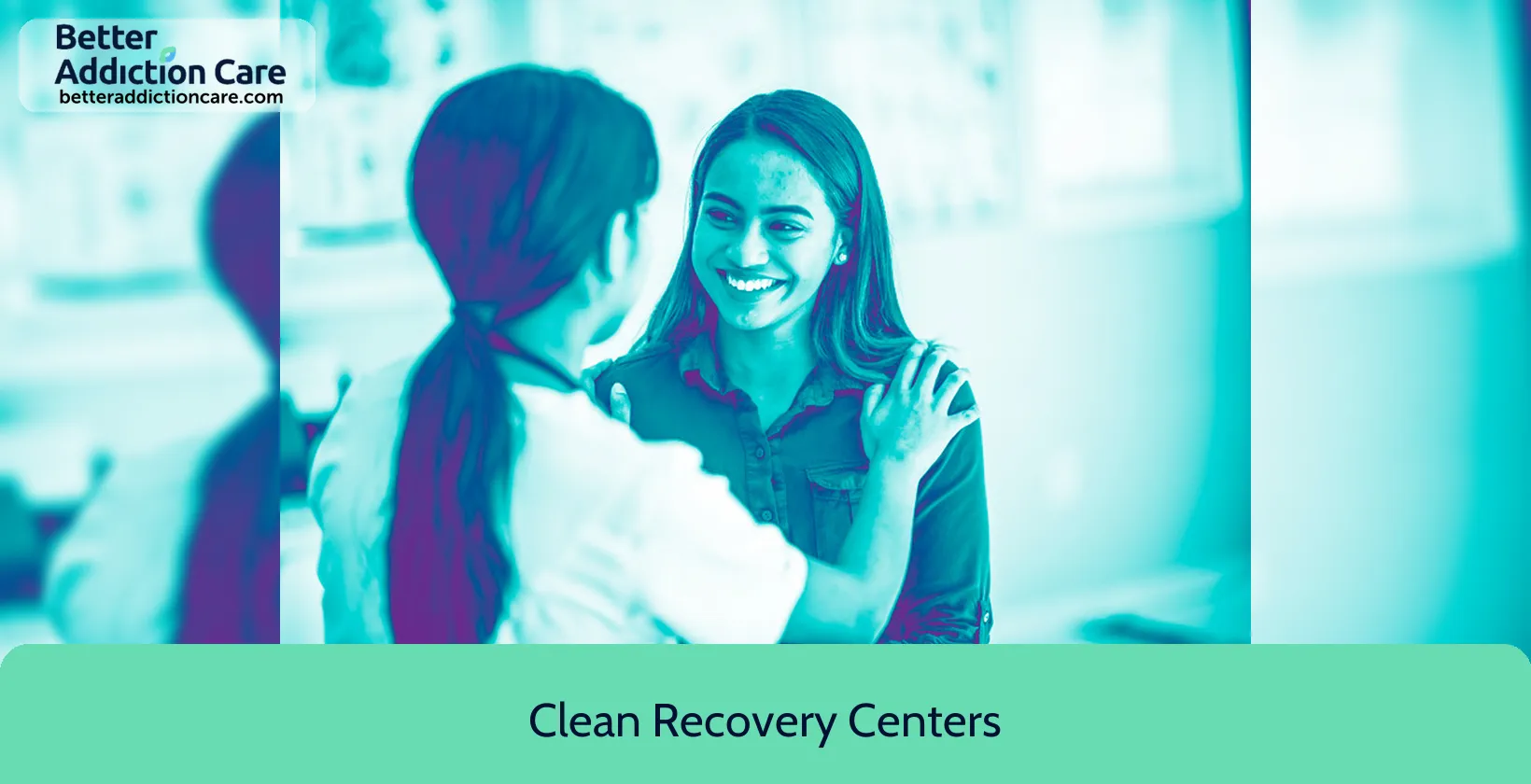
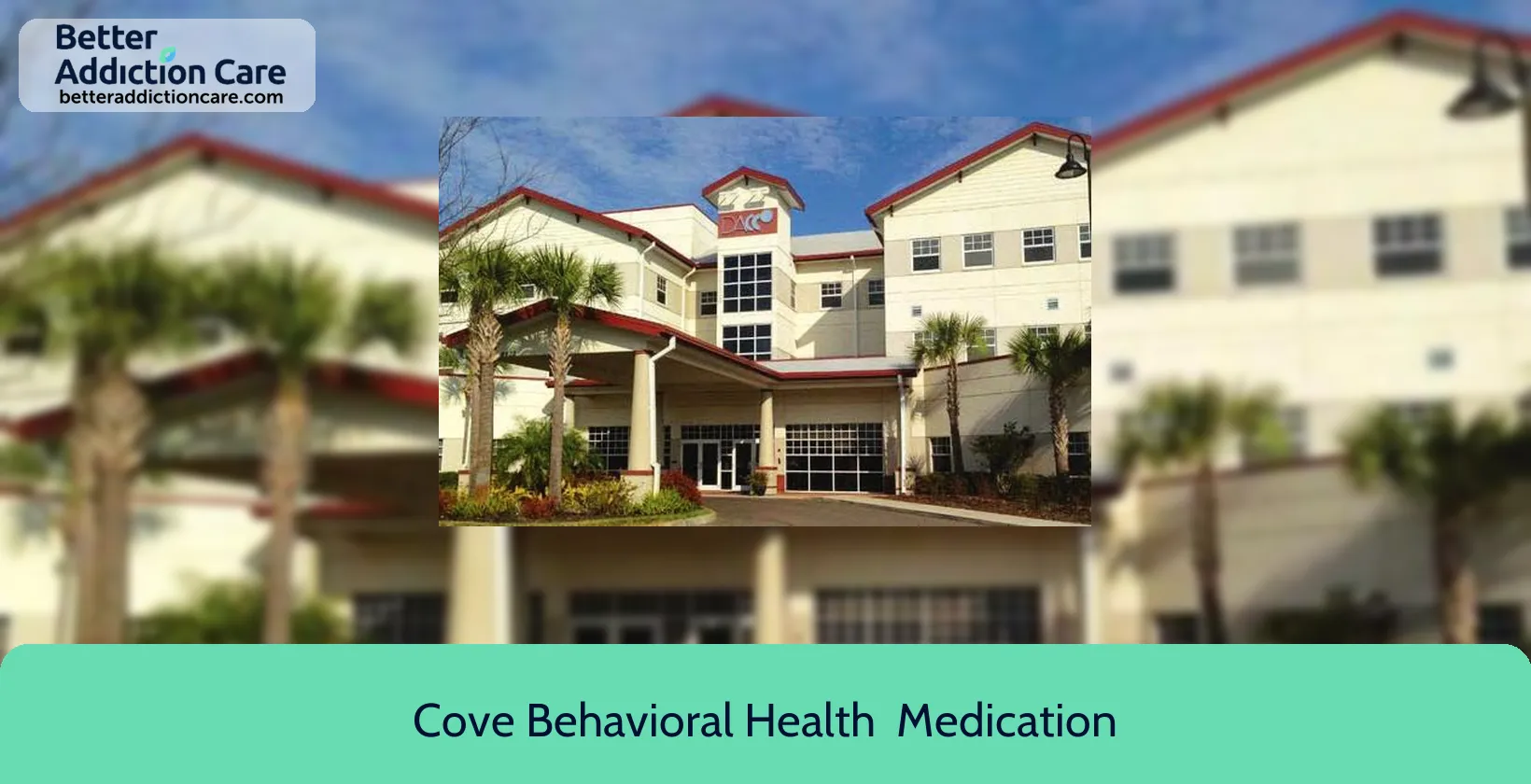

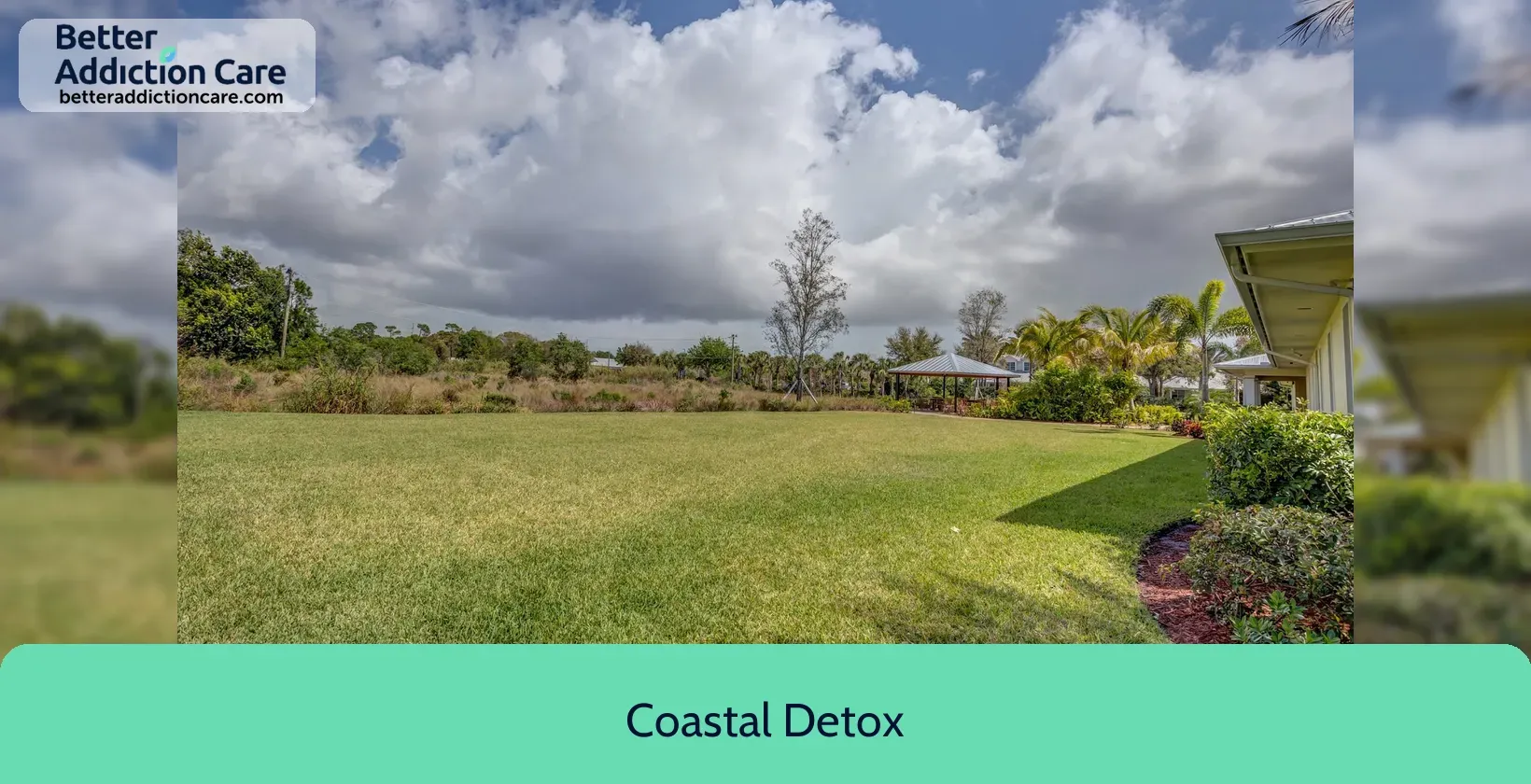
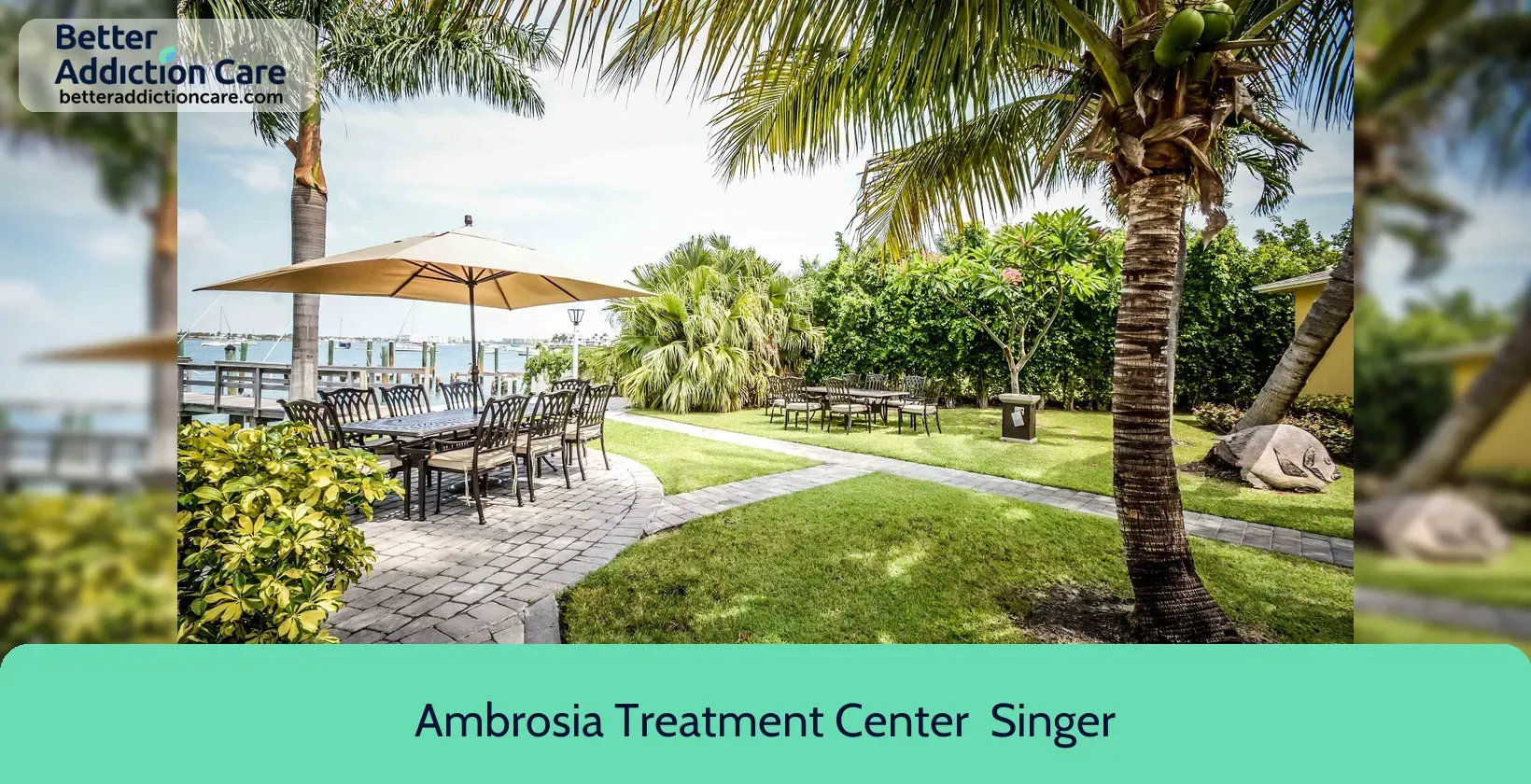

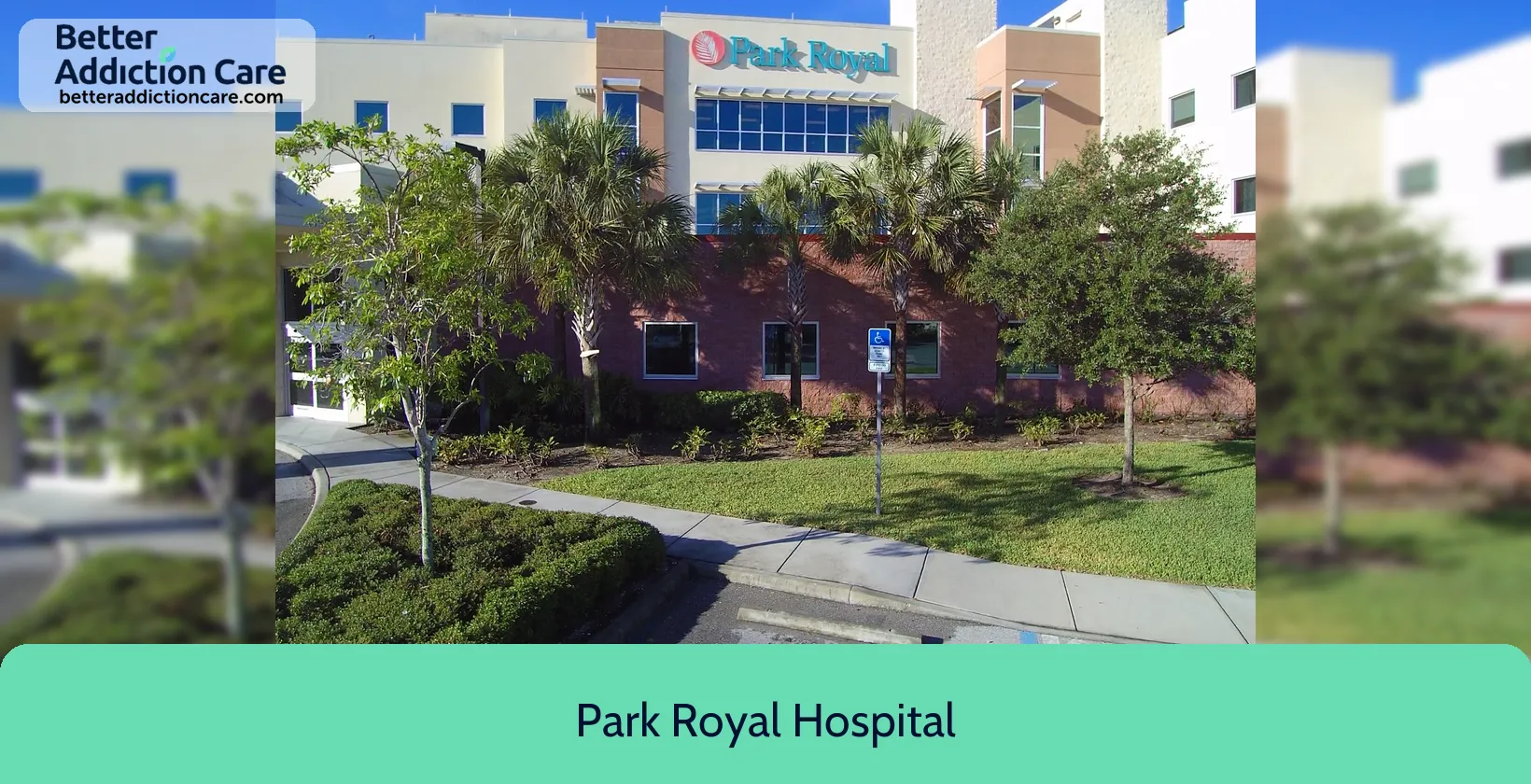




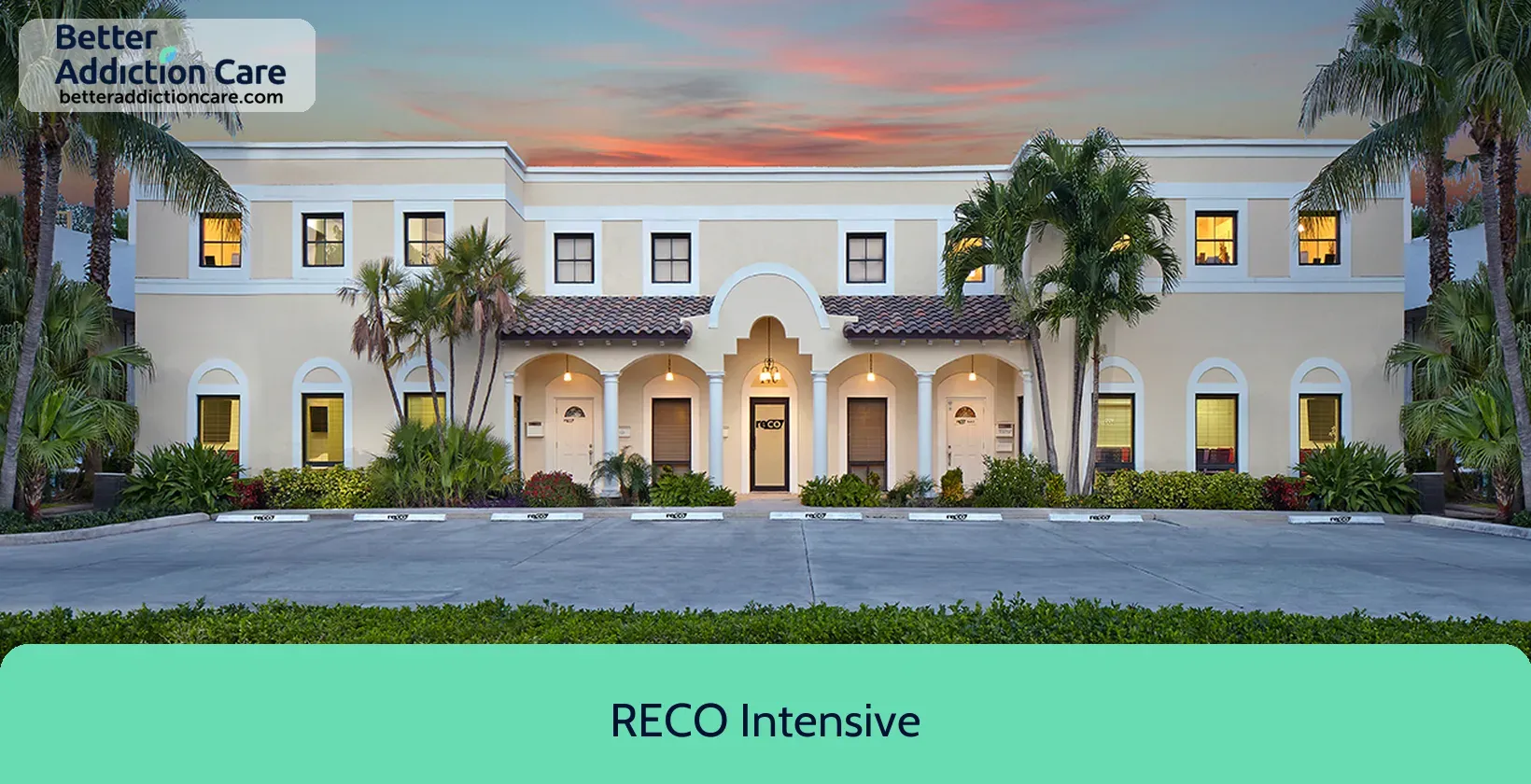
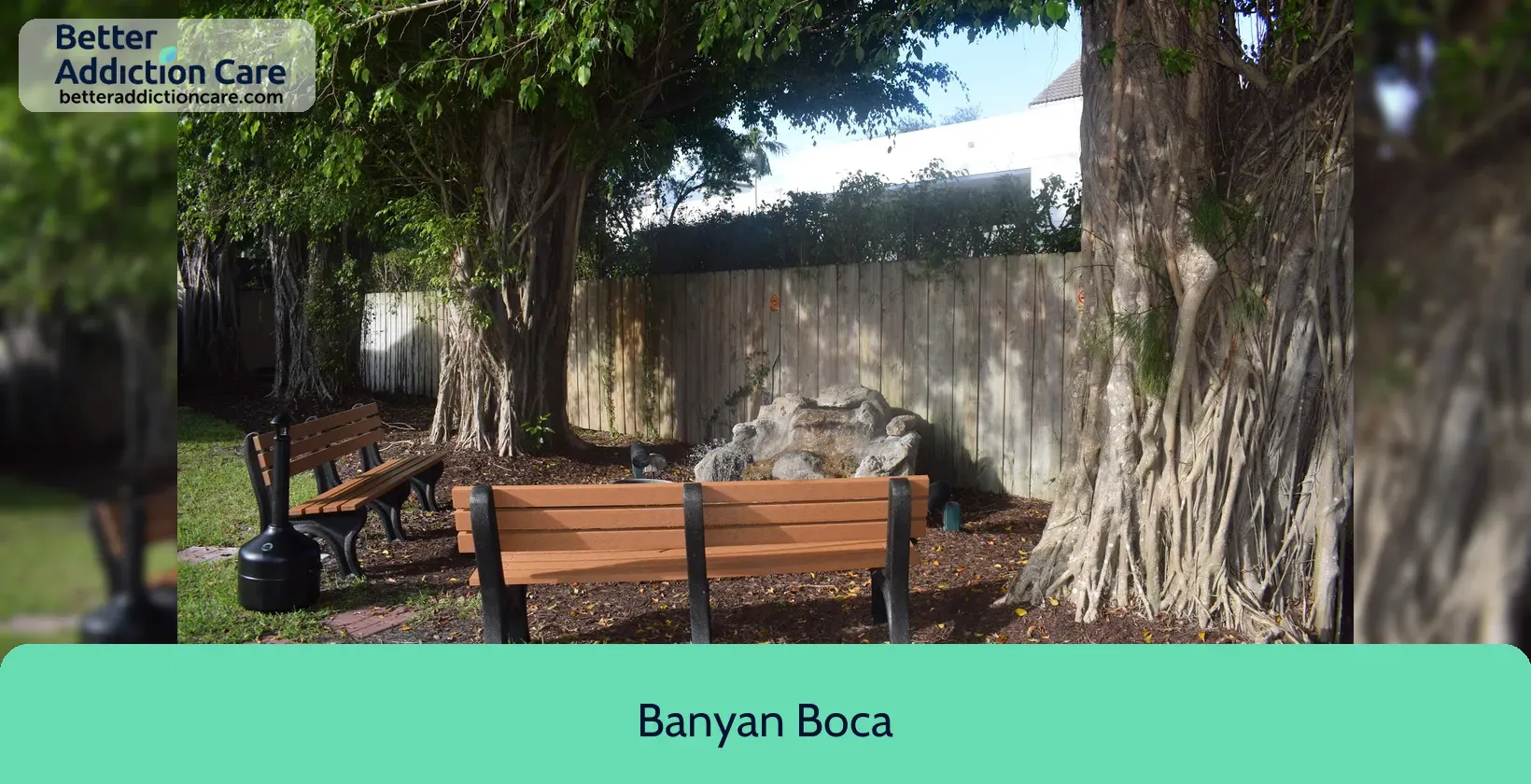
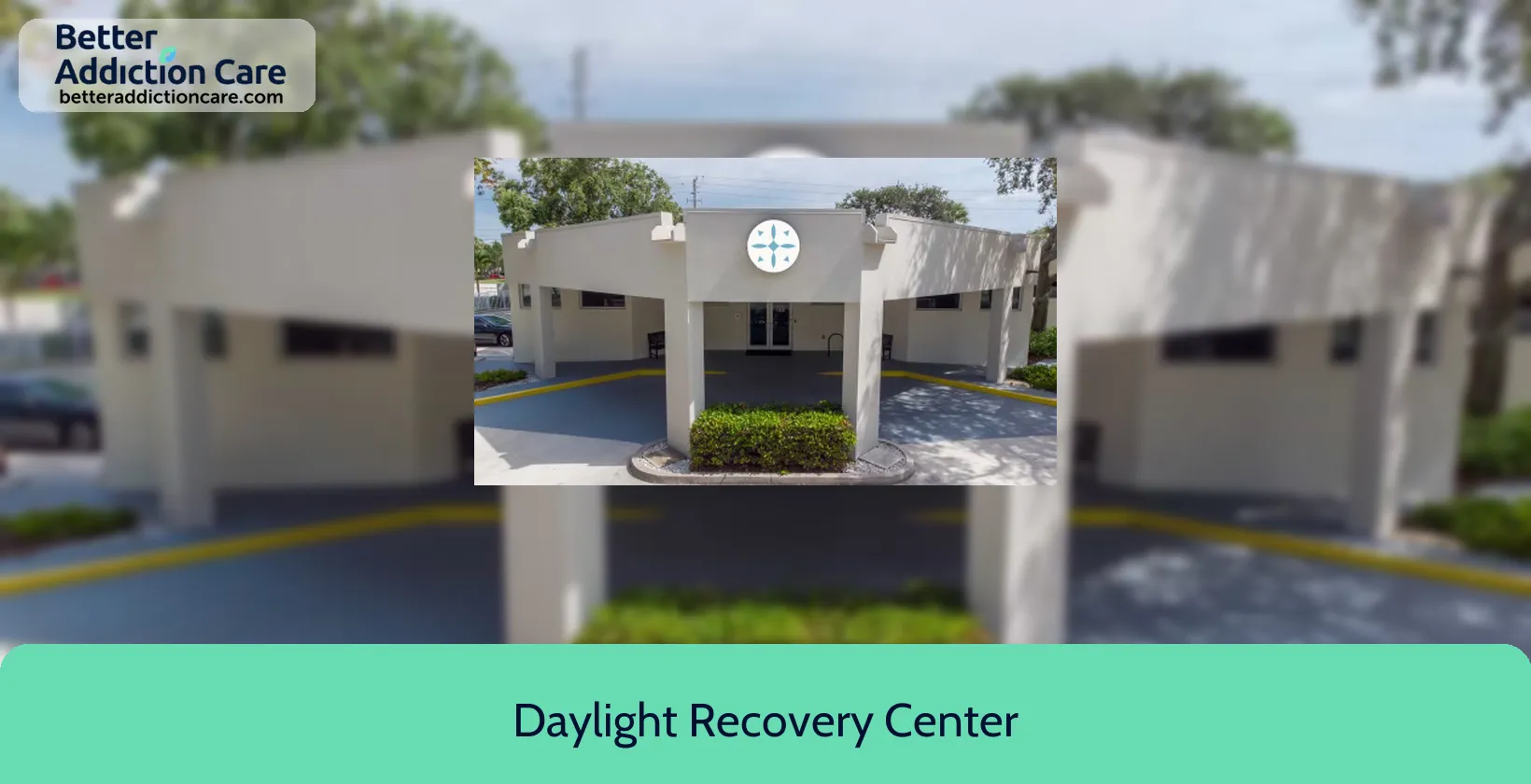
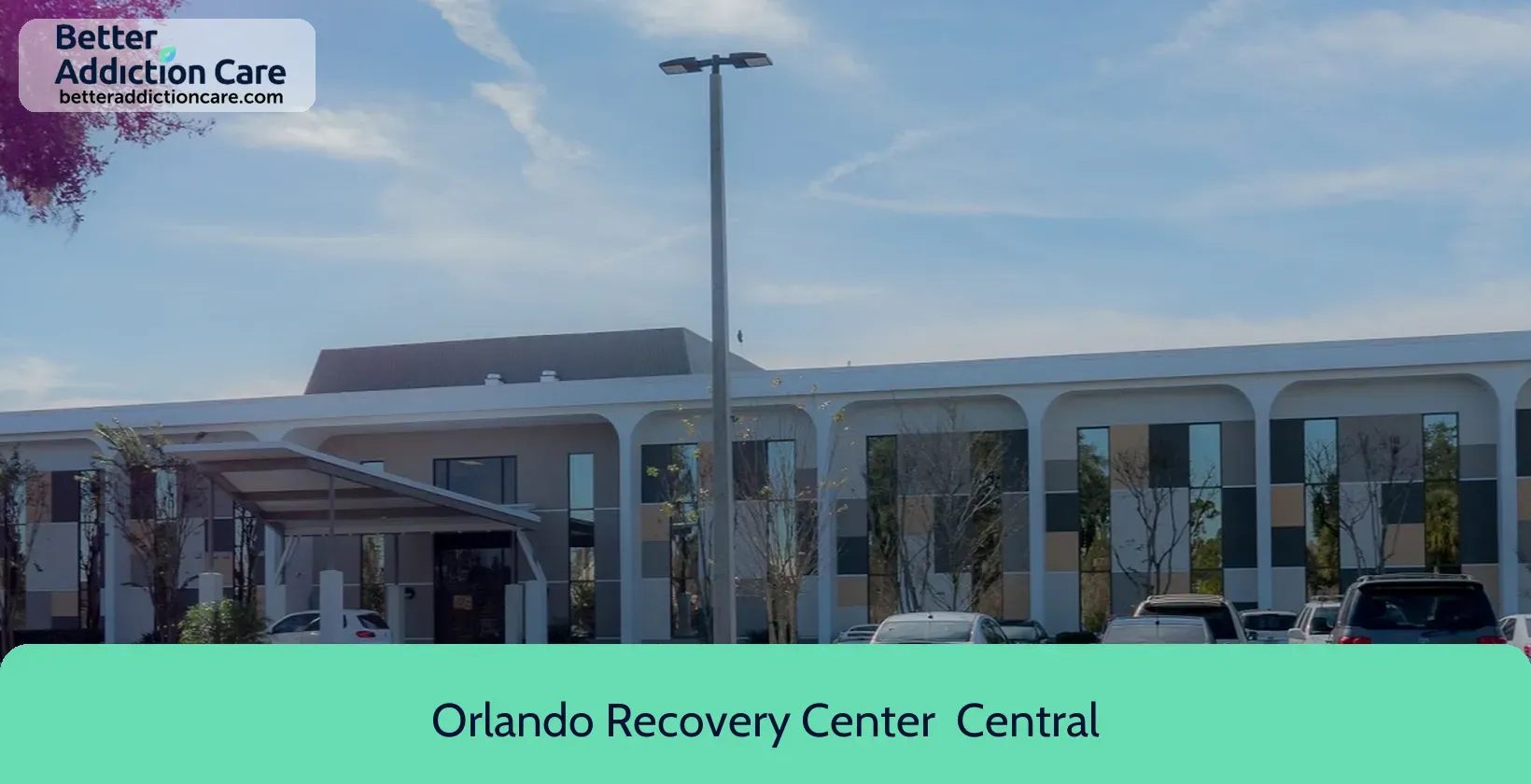
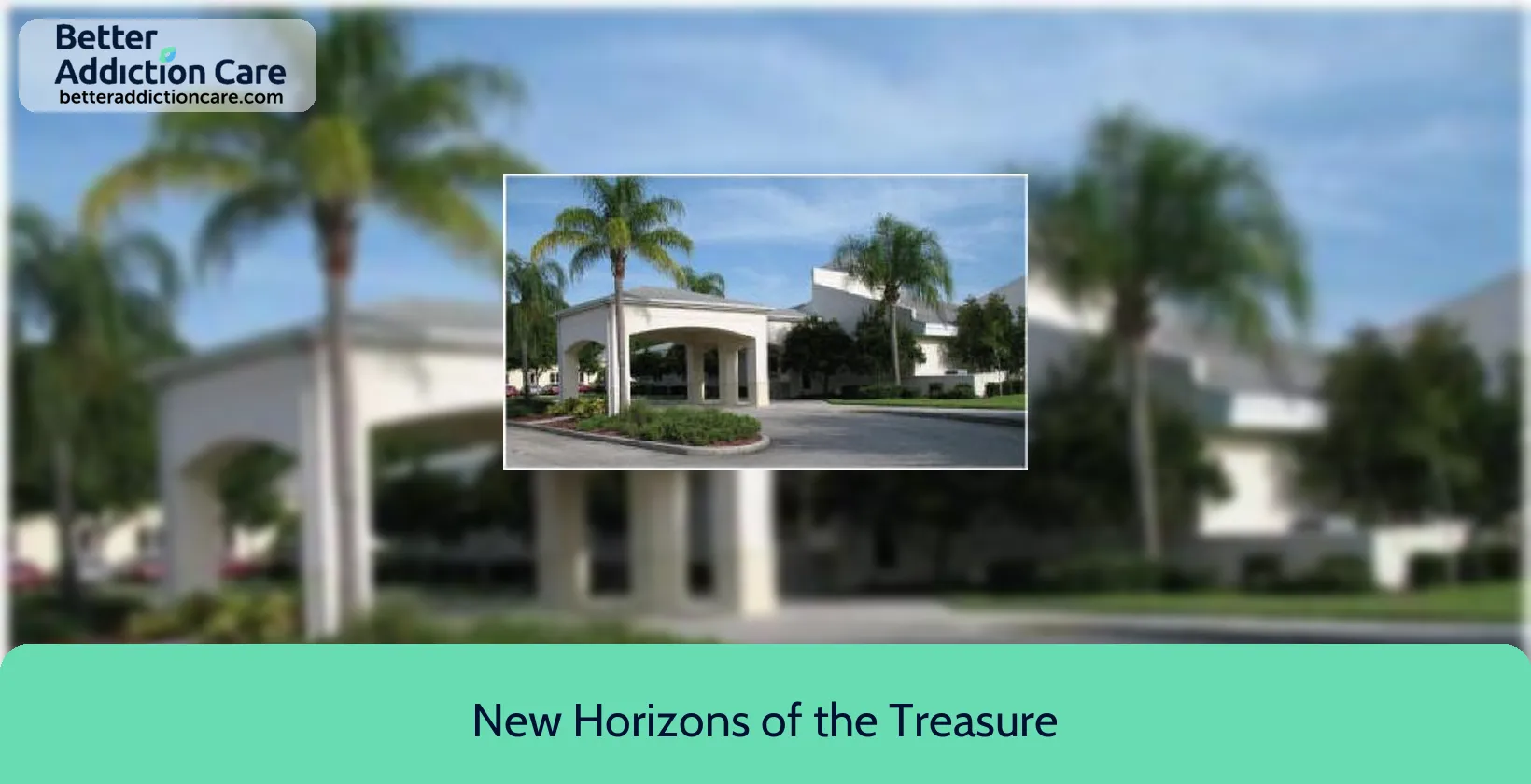
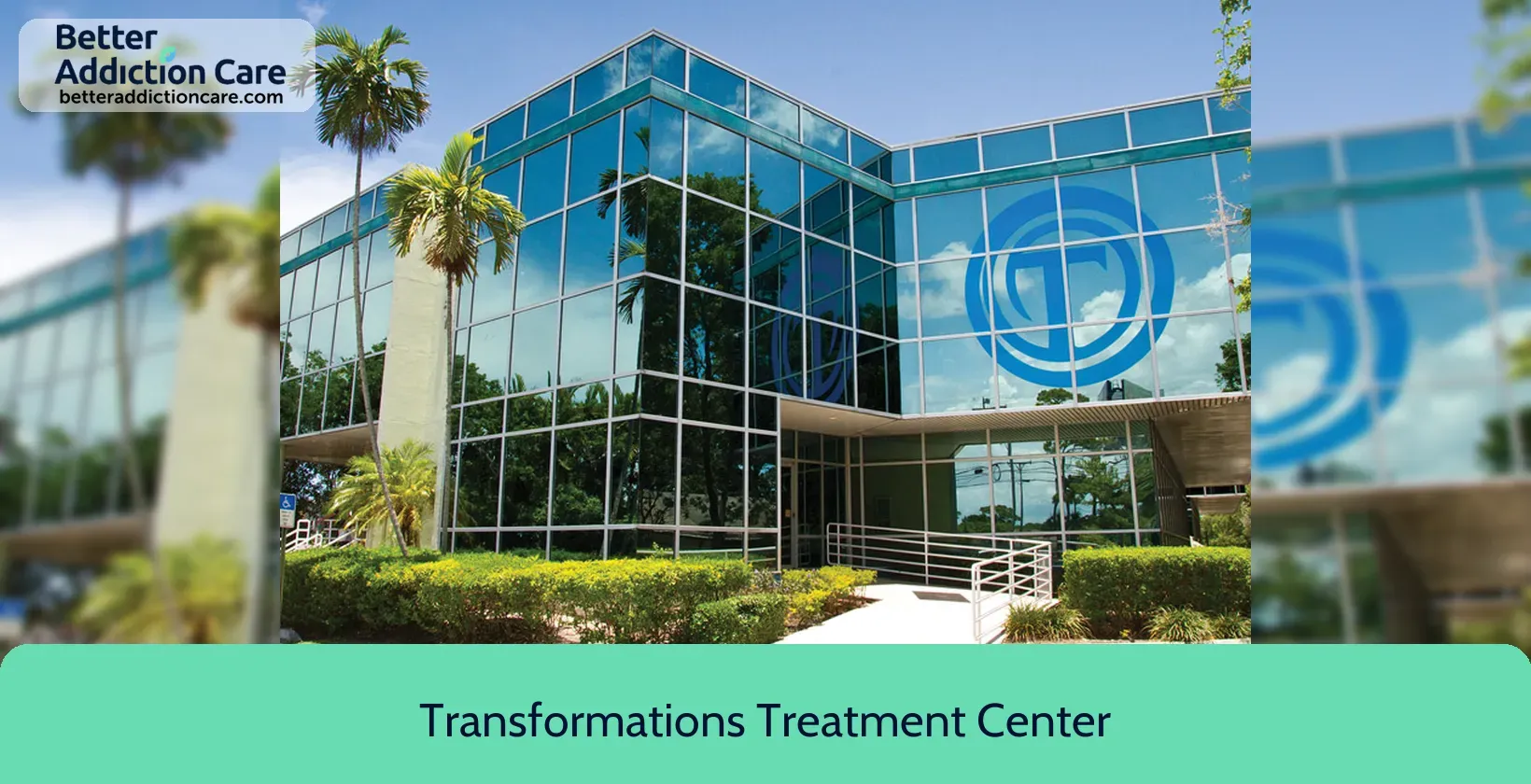
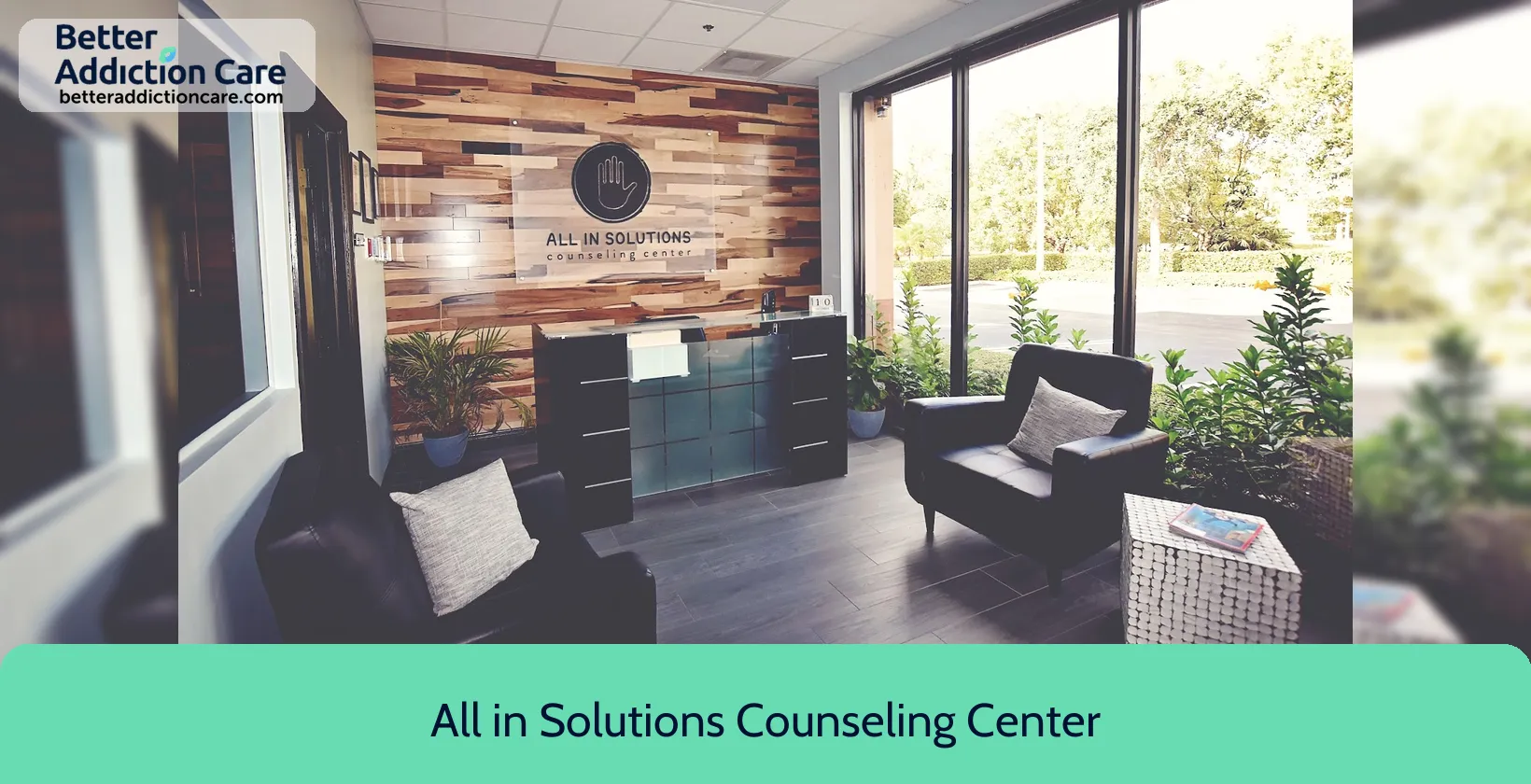
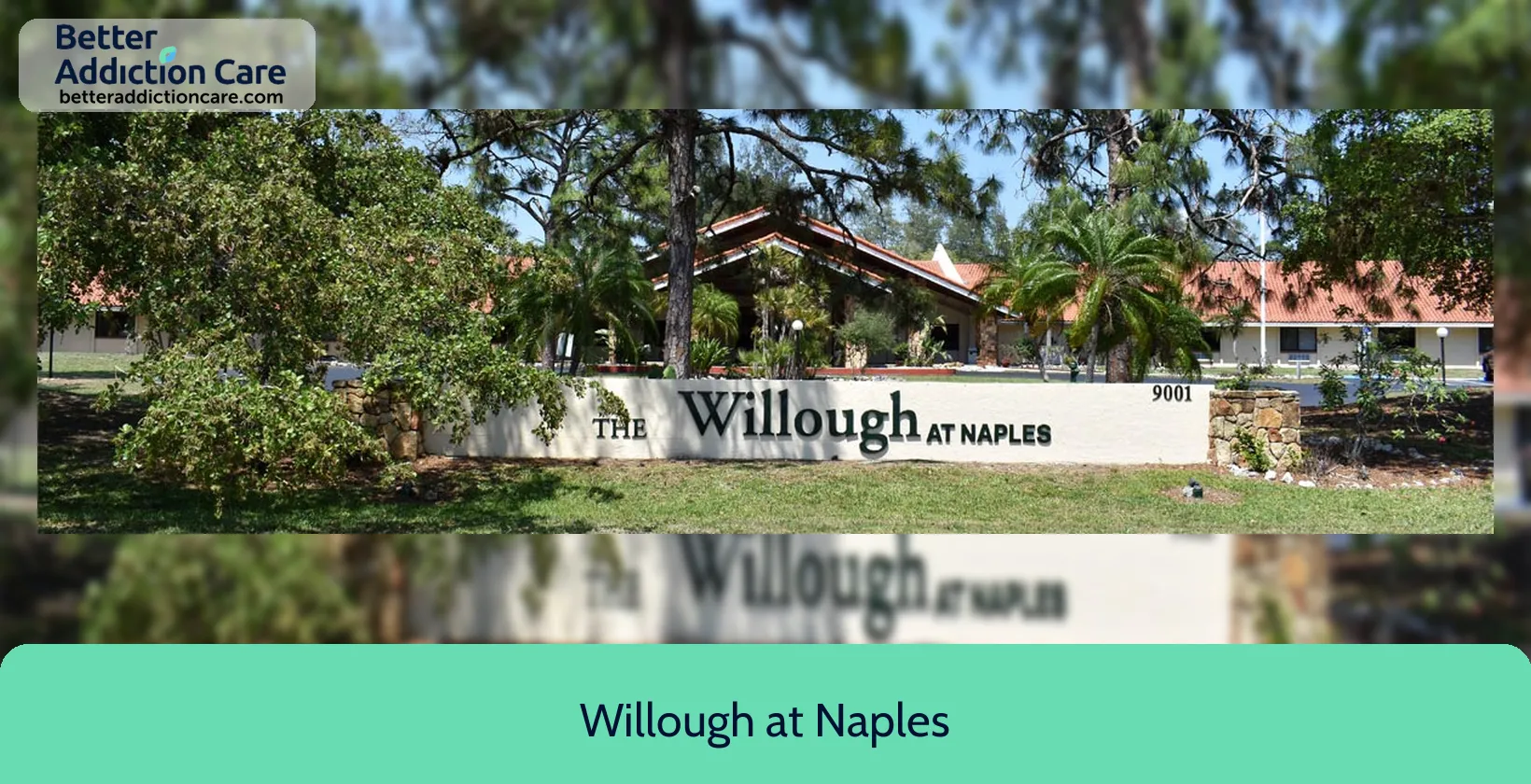
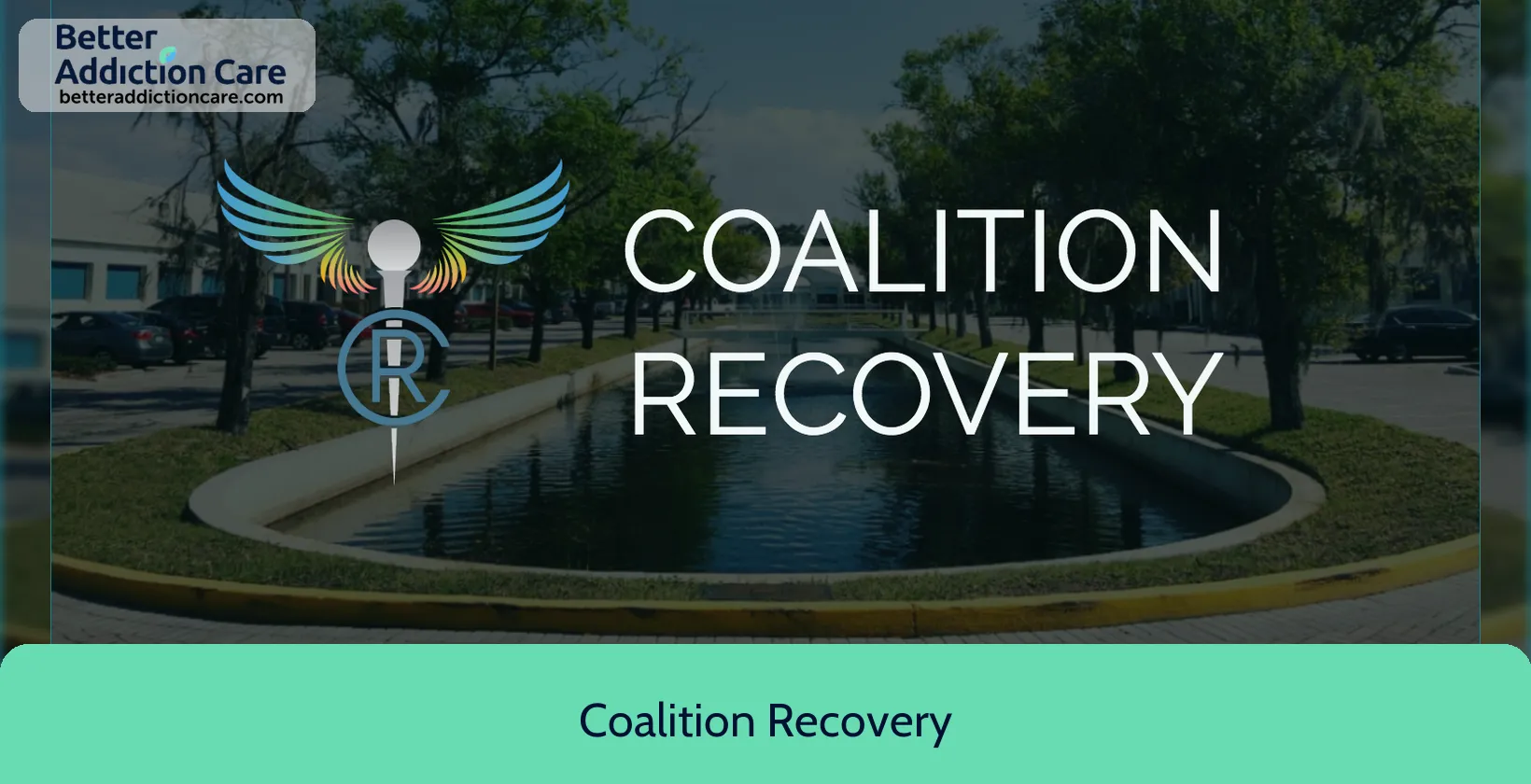
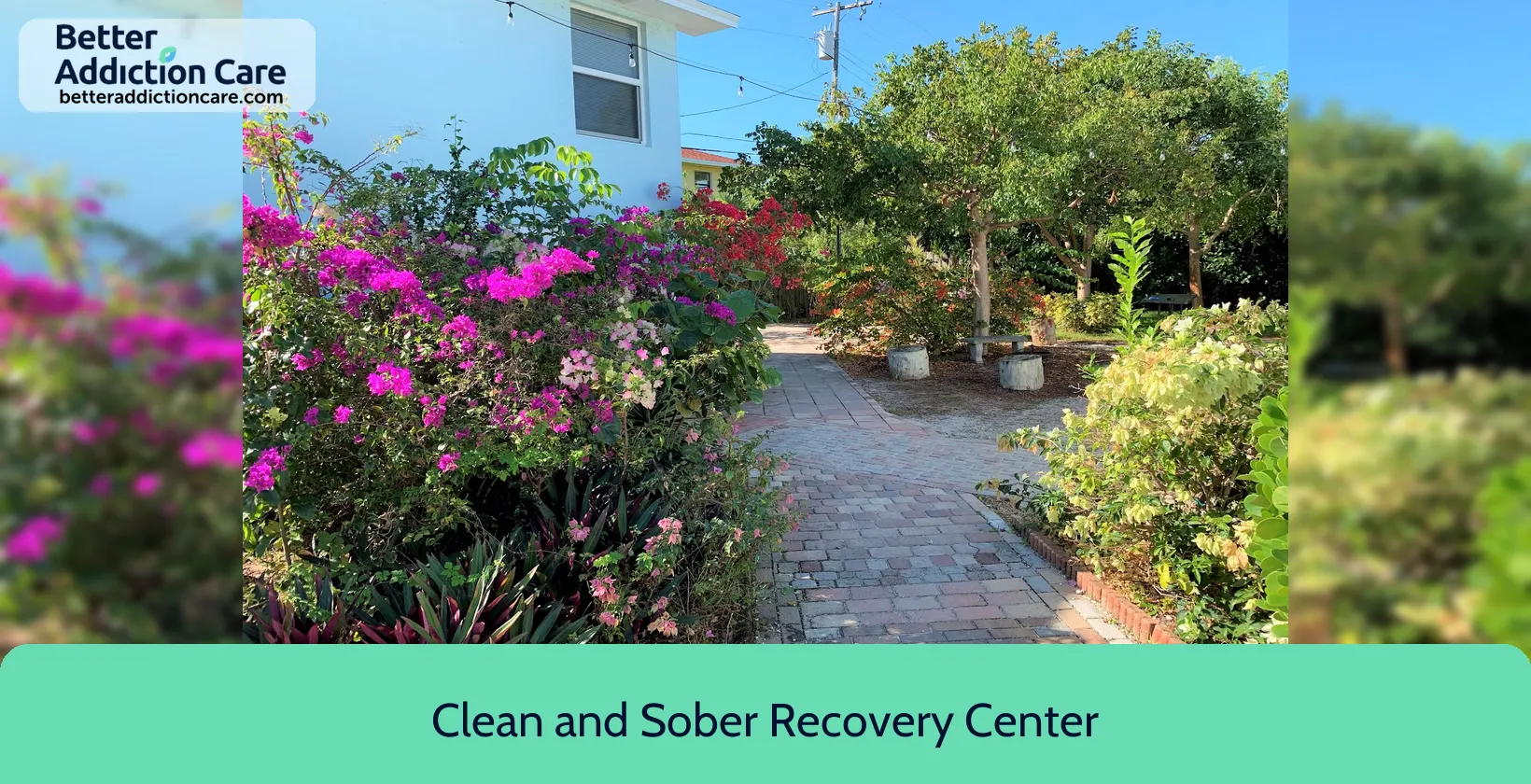
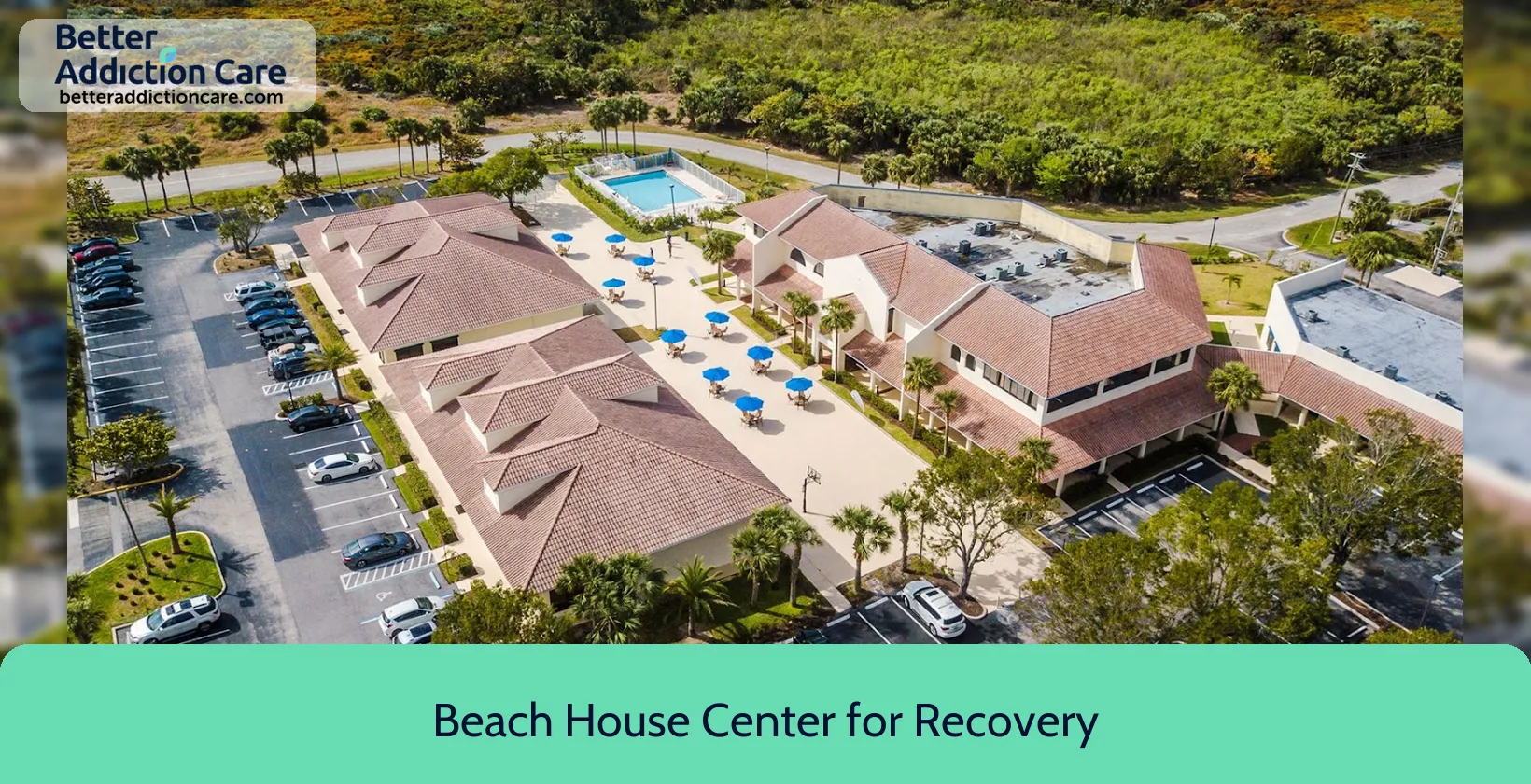
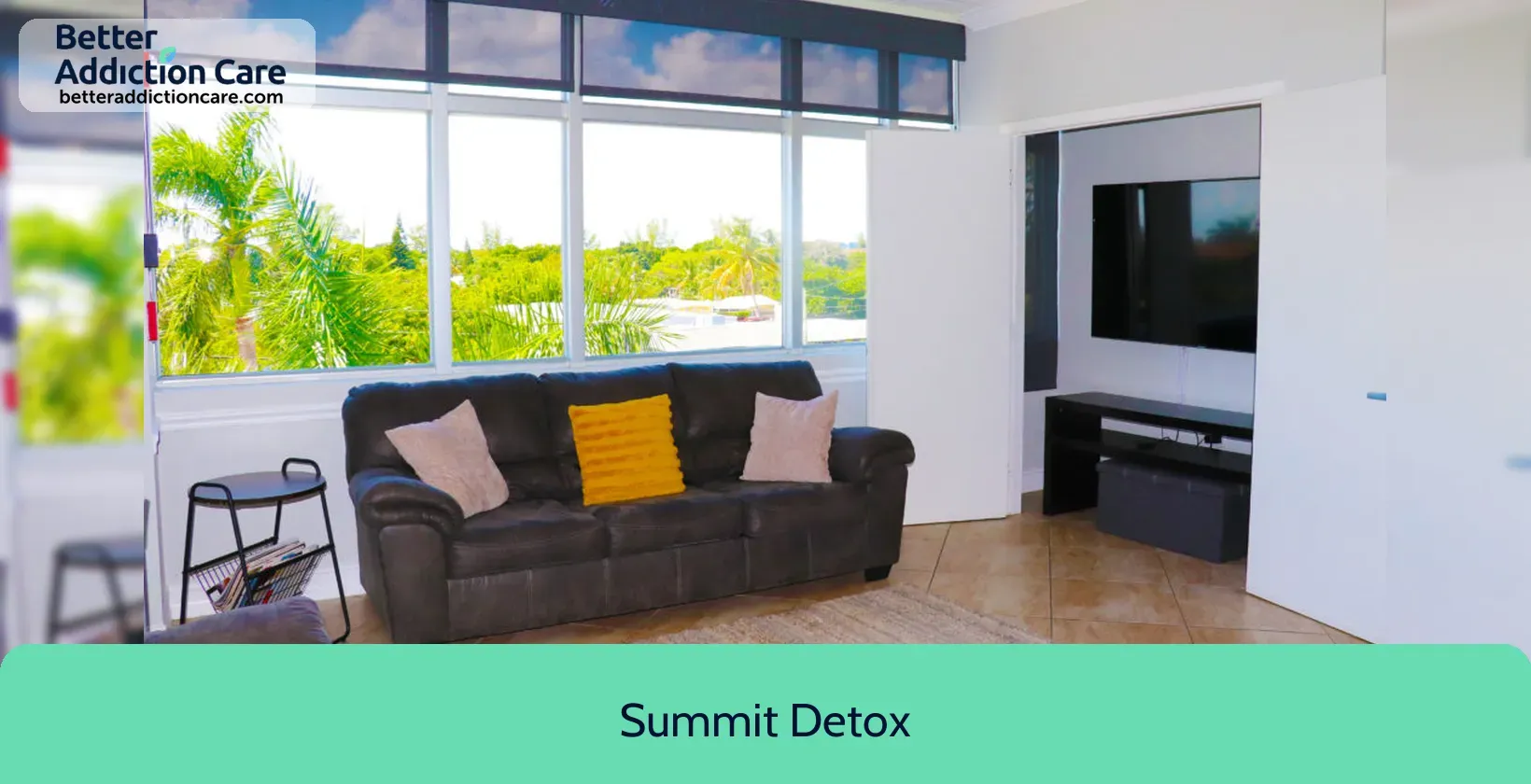
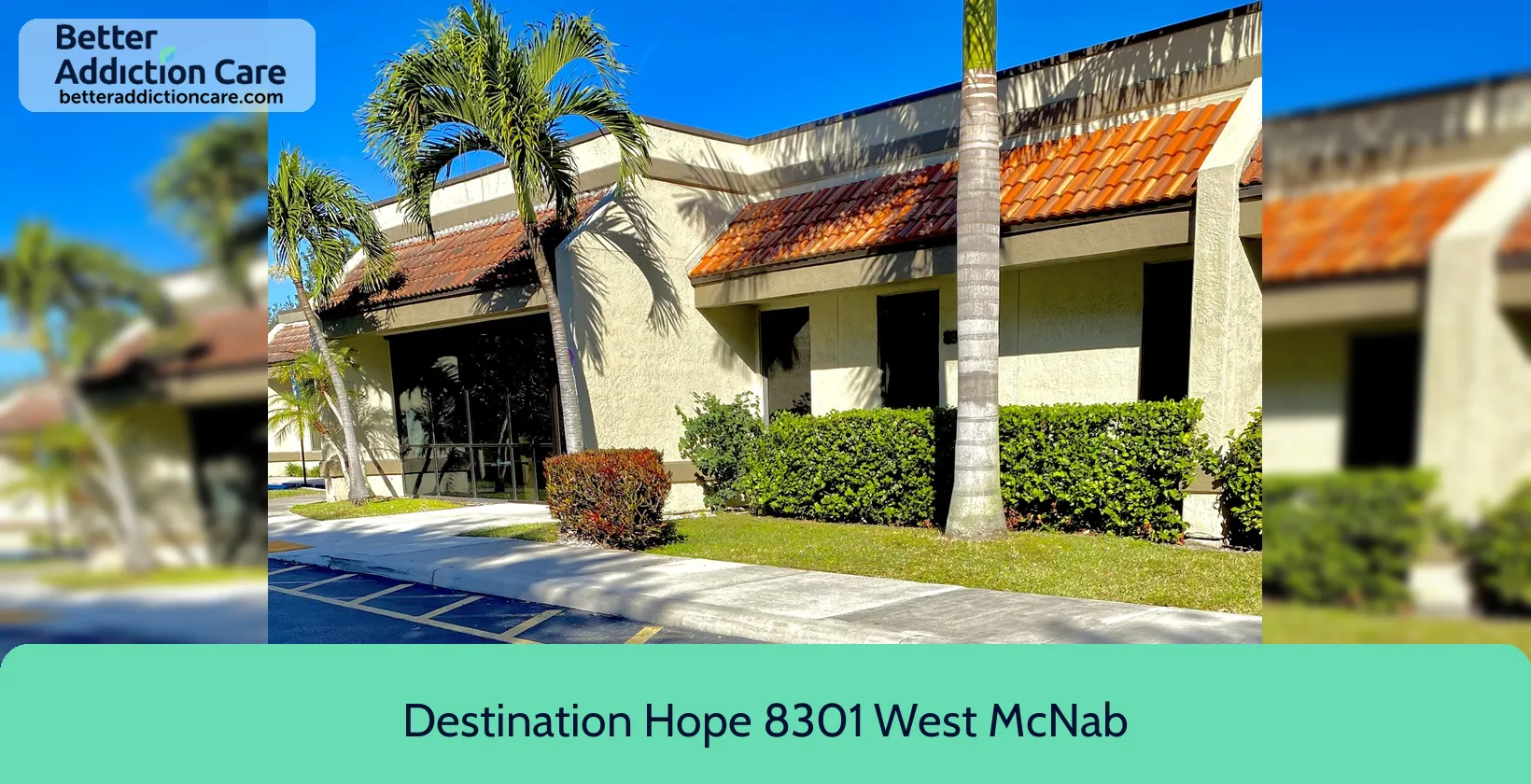


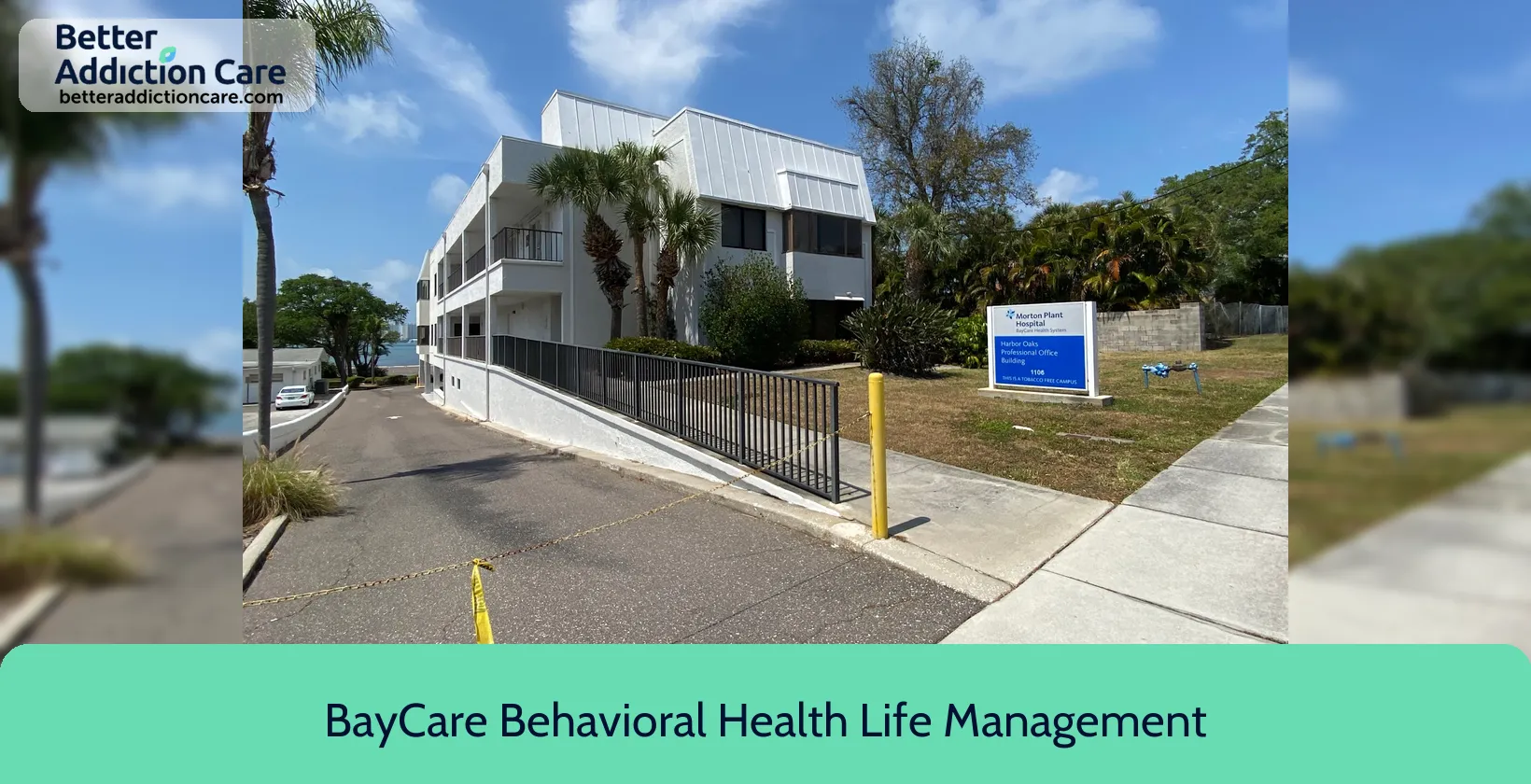


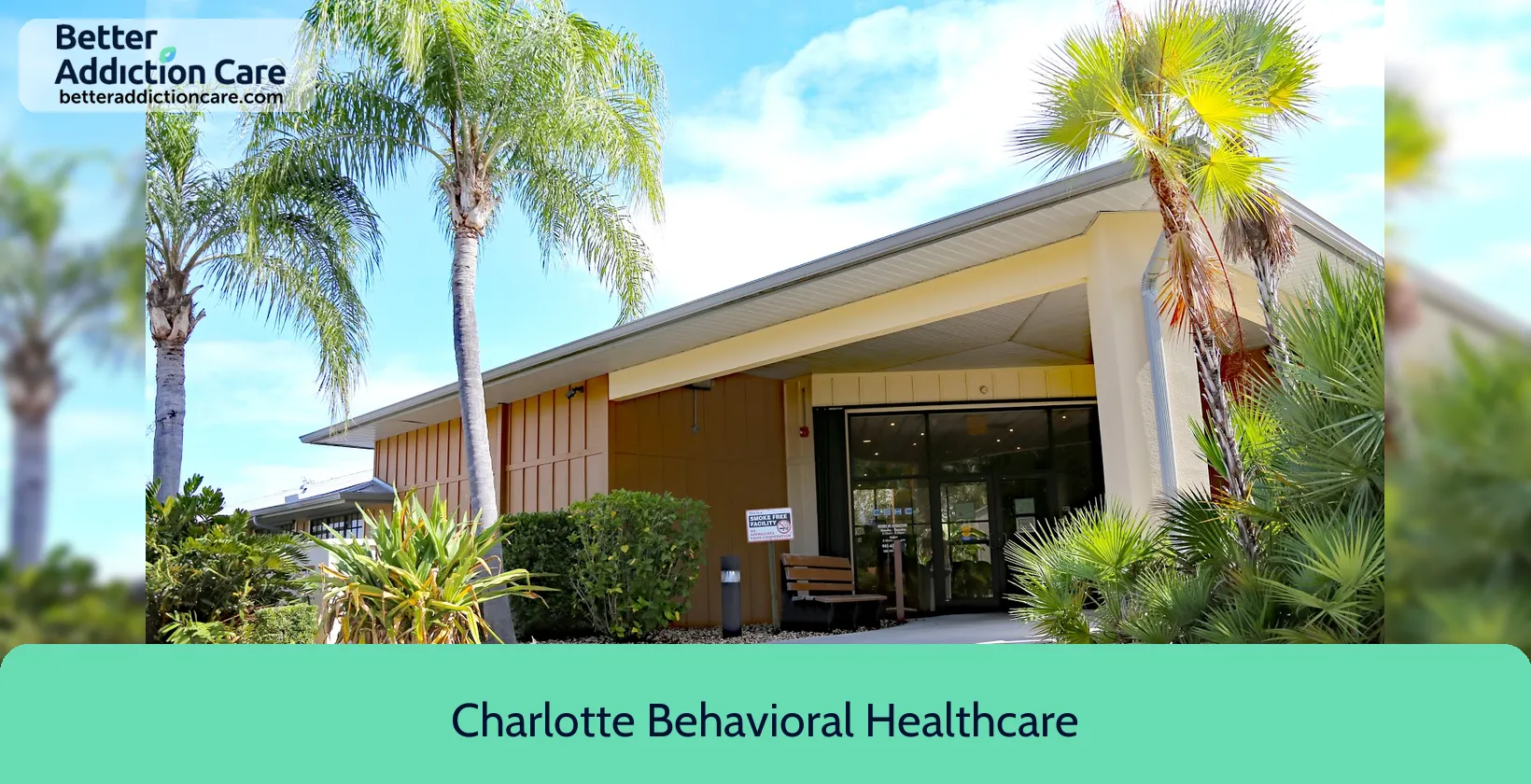
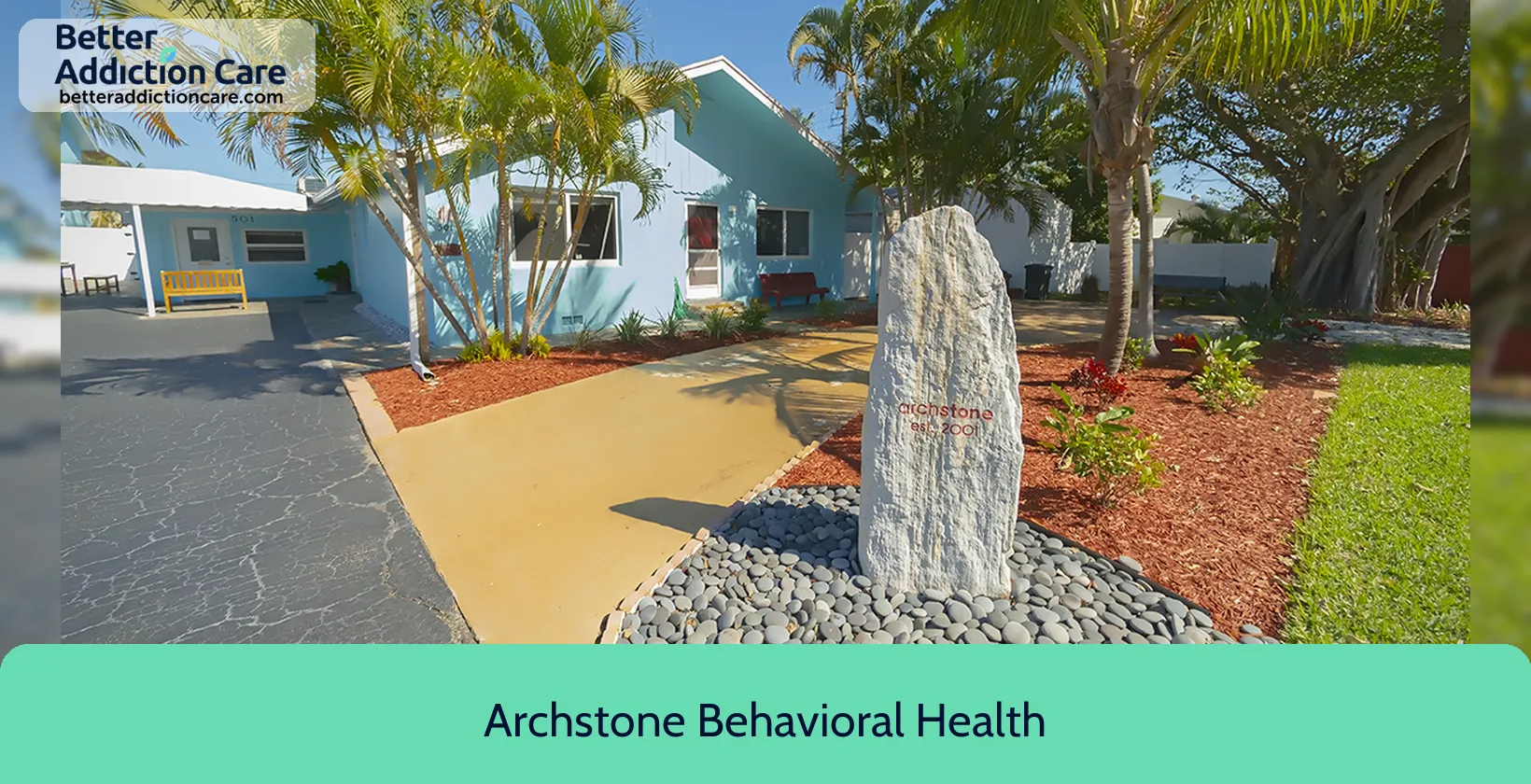

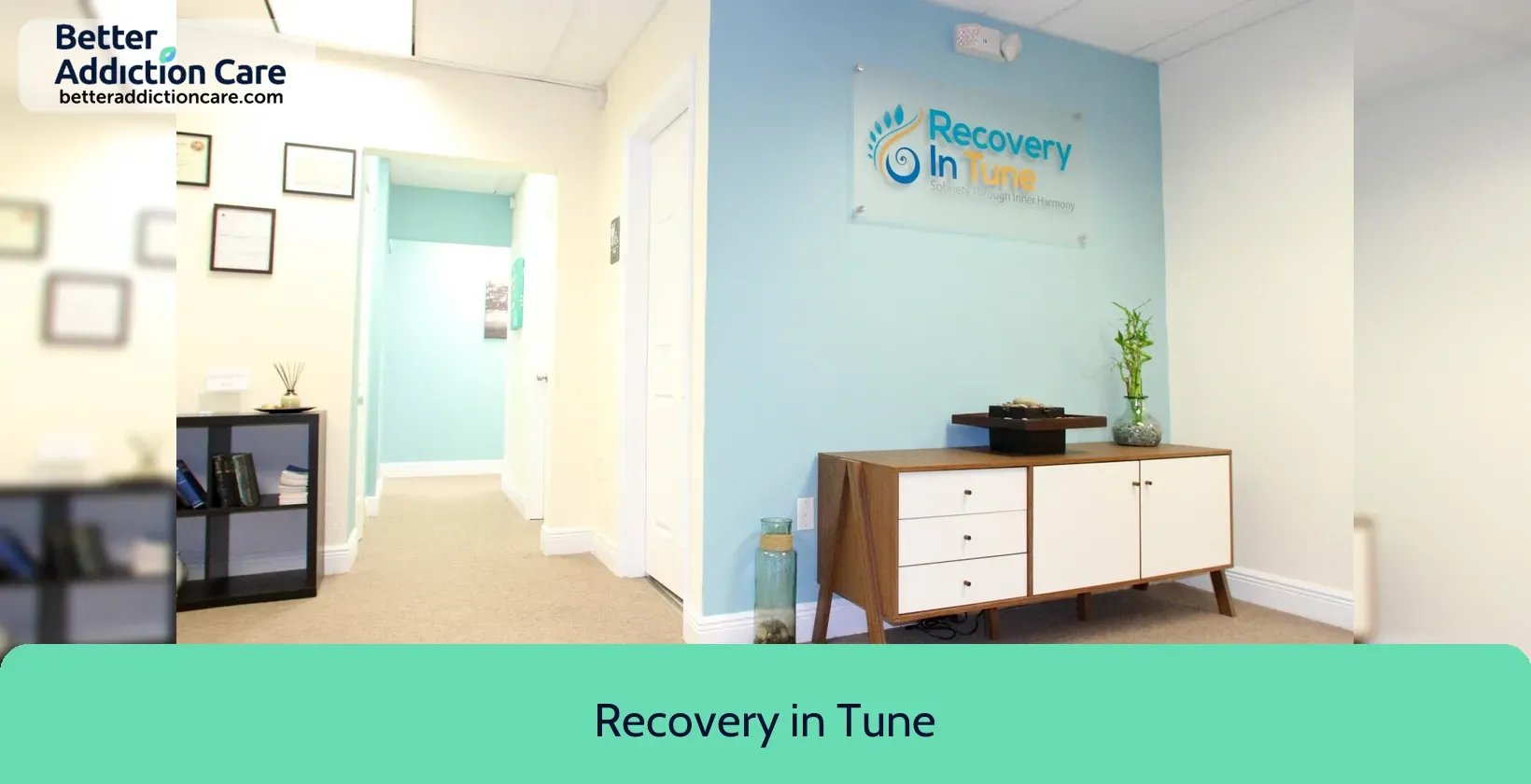

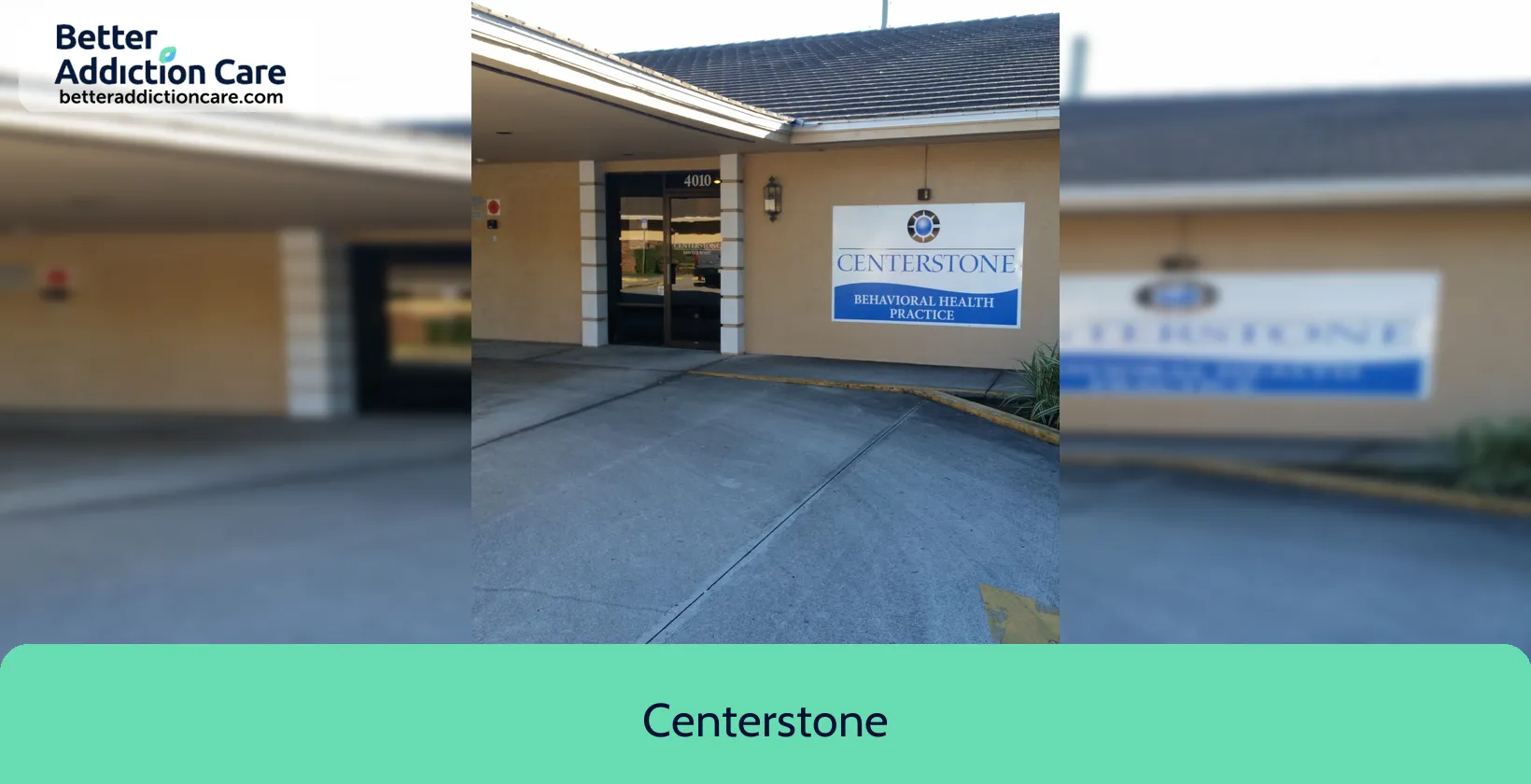


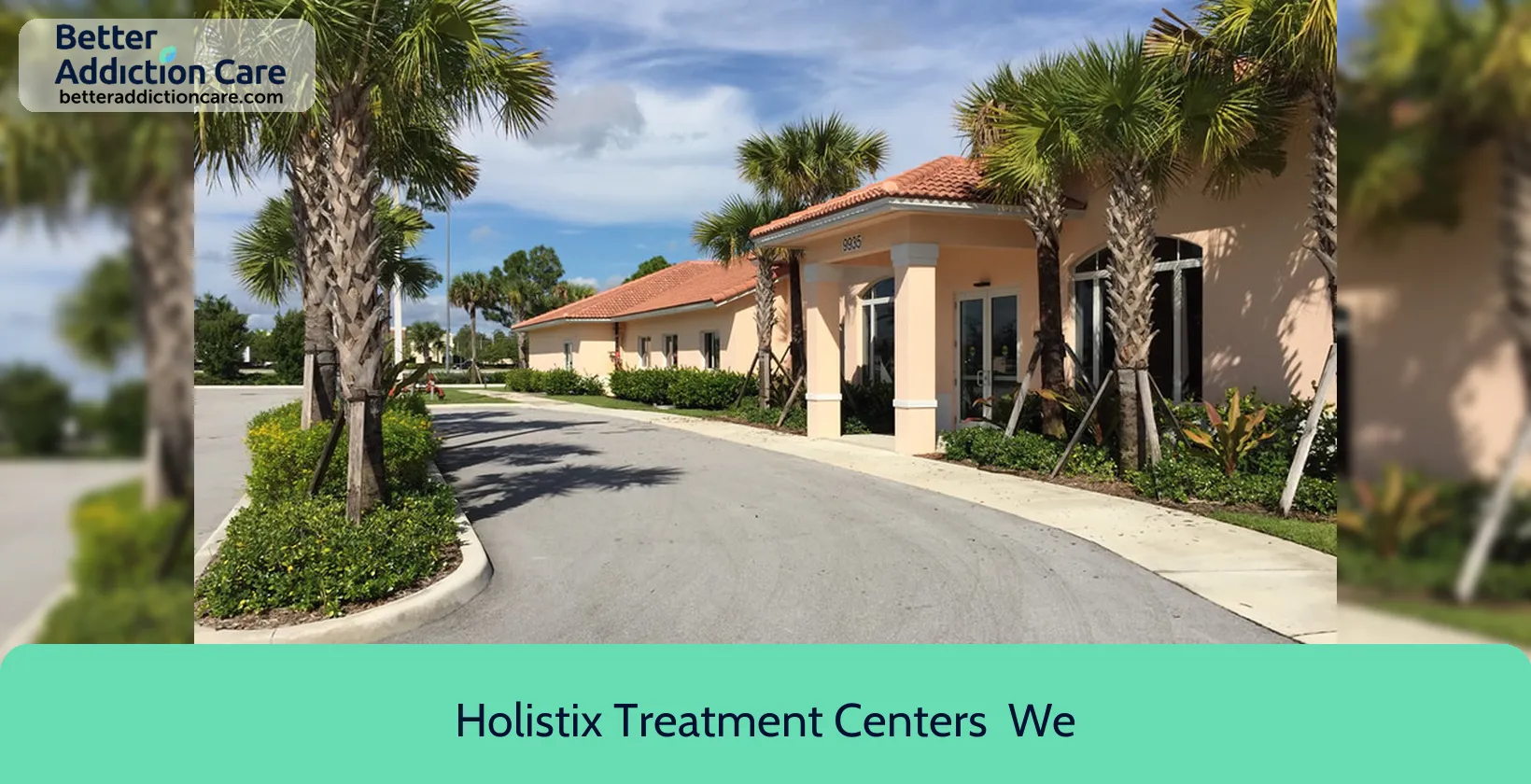
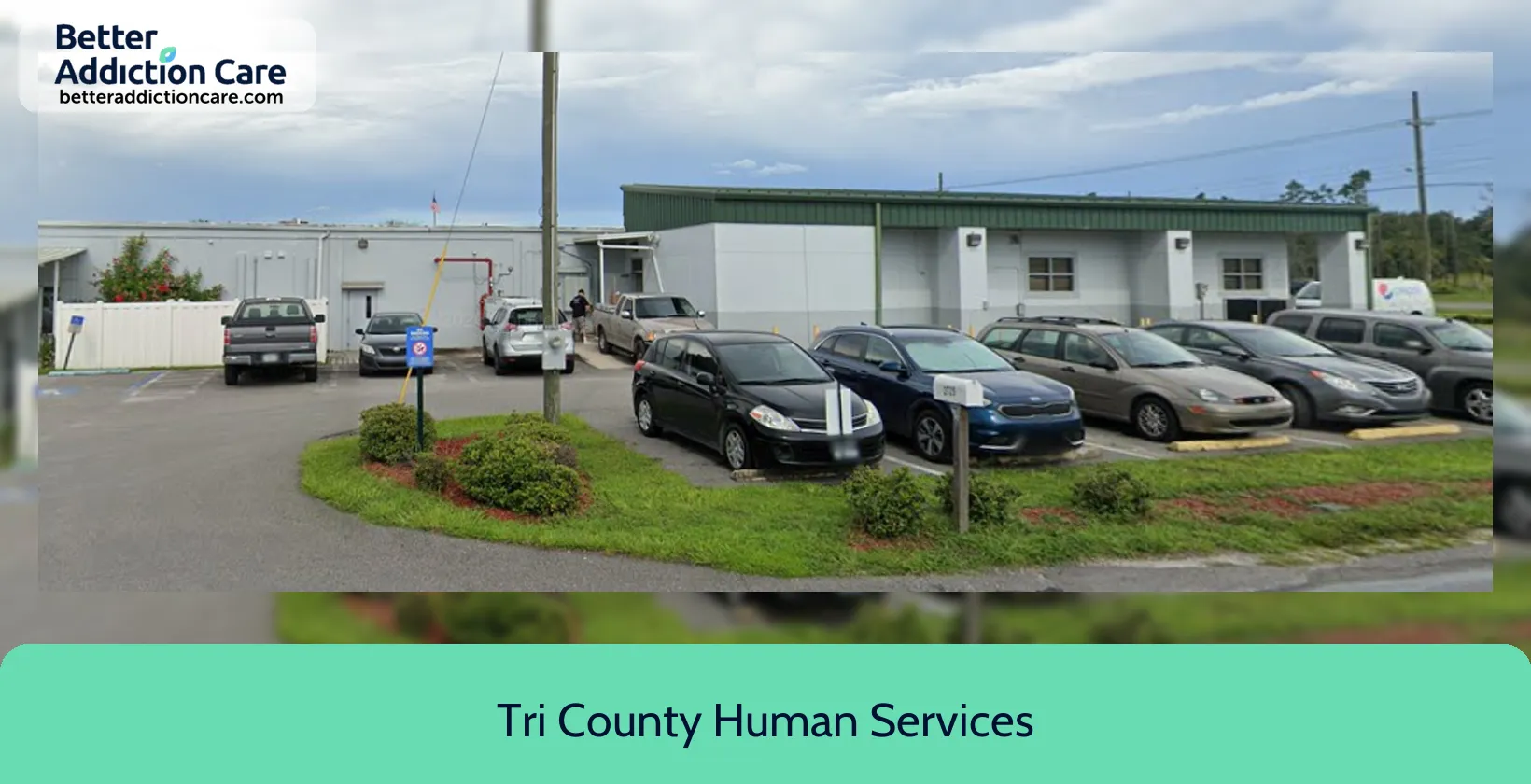

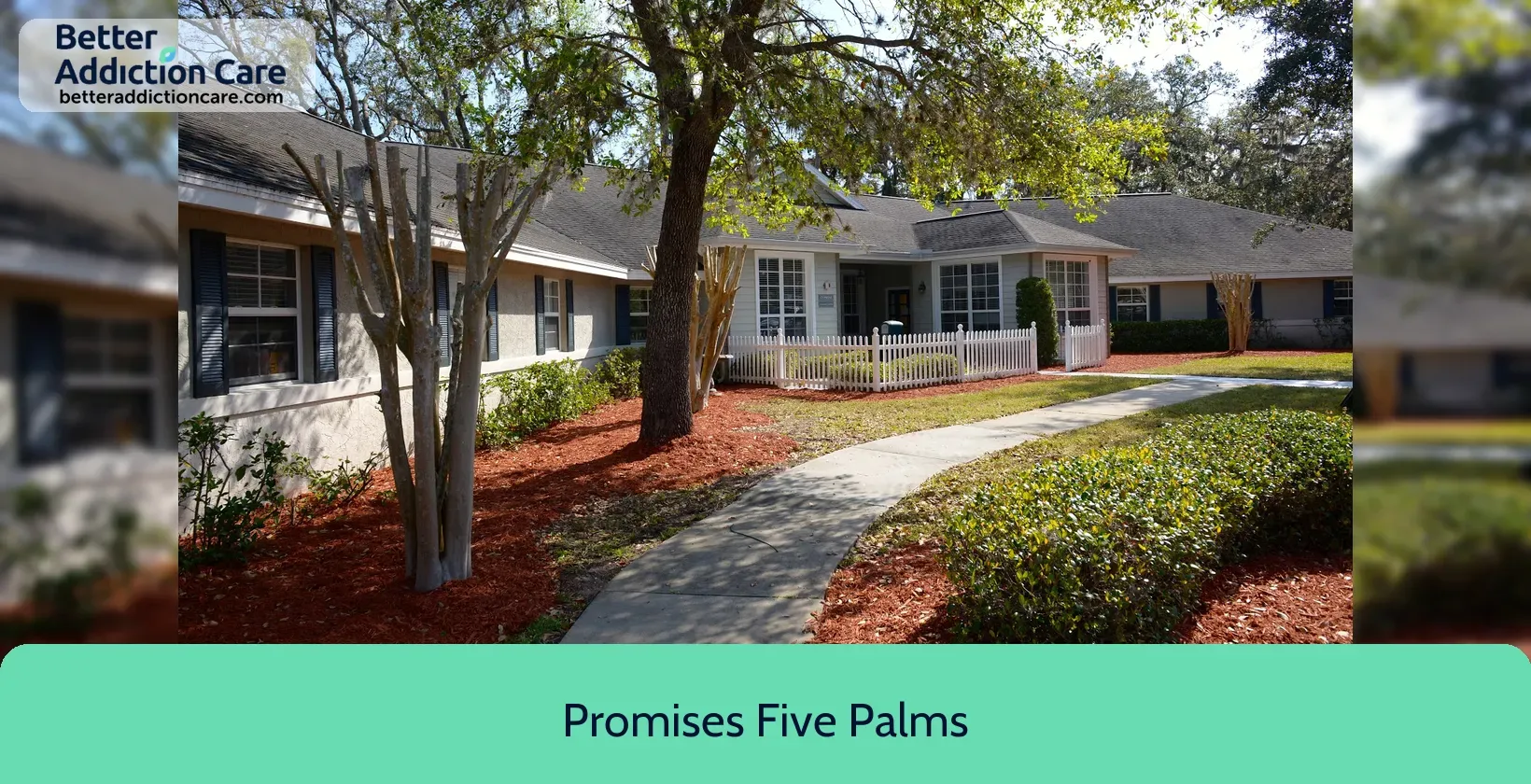
Substance Abuse Statistics in Florida
Mortality and morbidity due to substance use and overdose have been rising in Florida over the last two decades. Here are the top substance abuse statistics you should know about:
- Fatal Overdoses: 7,769 (2022)
- Opioid-Related Fatal Overdoses: 29 per 100,000 population (2022)
- EMS Overdose Responses: 105,490 (2022)
- Naloxone Administrated: 51,752 (2022)
- Annual Drug Arrests: 83,197 (2022)
- Prescriptions Dispensed: 11,676,364 (2022)
- Neonatal Abstinence Syndrome: 934 (2021)
- How Many Rehab Facilities Does Florida Have?
Florida currently has 1,711 rehab facilities for alcohol, substance abuse, and mental health. This includes both inpatient and outpatient facilities. It’s important to note that each rehab in Florida may be different based on the services and type of programs they offer.
1,280 rehab facilities in Florida currently accept Medicaid, 549 facilities accept Medicare, and 1,272 accept private insurance, so several options are available, depending on how you want to pay for treatment.
Substance Abuse Facilities
Substance abuse rehab facilities in Florida offer inpatient and outpatient programs. Treatments and program intensity can vary from multi-session intensive outpatient programs (IOPs) to residential programs that treat severe addictions and co-occurring mental health problems.
Mental Health Facilities
Florida currently has 2,286 mental health facilities that offer expert treatment for patients living with mental health and concurrent conditions. Many rehab facilities provide medically-led, evidence-based treatments through inpatient and outpatient programs.
How Much Do Rehab Facilities in Florida Cost?
The average cost of residential substance abuse treatment in Florida is $56,640.
Outpatient Program Costs
-
$5,700 per month on average without insurance coverage
-
$2,280 per month on average with 60% insurance coverage
-
$1,140 per month on average with 80% insurance coverage
Inpatient Program Costs
-
$12,500 per month on average without insurance coverage
-
$5,000 per month on average with 60% insurance coverage
-
$2,500 per month on average with 80% insurance coverage
Top Rehab Centers in Florida
Florida offers many opportunities for addiction rehabilitation. The best treatment centers are spread throughout the state, so there is likely to be at least one near you.
Types of Rehab Facilities in Florida
Rehab facilities come in many forms, and the right one for you will depend on your budget, goals, level of addiction, and more. Outpatient rehabs in Florida allow you to make progress with therapists and group meetings while still maintaining your normal life. Residential rehab in Florida, also called inpatient treatment, requires you to stay at a facility for help. This can be more expensive than other options, but it also provides 24/7 care and attention.
Both luxury rehab centers and free rehab are available in Florida. Luxury offerings provide an upgraded experience, complete with chef-prepared dinners and more, but they tend to cost more in return. Free rehab centers provide care to people who need them most, including those below income thresholds who need rehab facilities that accept Medicare.
Services Offered by Rehab Centers in Florida
No matter which rehab facility you select, you will likely experience variations of a few specific types of treatments. Most rehab programs include these because they are consistently successful:
-
Detoxification counseling – A type of counseling that informs patients about the effects they can expect when detoxing, like skin rashes and irritability.
-
Therapy – Those in rehab work with therapists to process the drivers behind their addictive behavior and develop new skills to take the place of these former habits.
-
Aftercare – Once rehab is over, participants can benefit from aftercare programs such as group meetings or even sober living arrangements to prevent them from falling back into old patterns.
Choosing the Right Rehab Center in Florida
Choosing the best rehab center in Florida for your needs will come down to five main factors:
-
Location – Is the facility close enough to visit (if outpatient) or stay (if inpatient)?
-
Cost – Is the facility offering free rehabilitation, or is there a fee? If it is fee-based, how does that amount fit into your finances?
-
Accreditation – Does the facility have accreditation from reputable bodies like CARF (the Commission on Accreditation of Rehabilitation Facilities) and The Joint Commission, demonstrating that it meets basic standards of care?
-
Success rates – How many people who complete the facility’s program successfully maintain their sobriety?
-
Specialized programs – Does the facility offer a one-size-fits-all option, or does it include specialized programs that help people with unique challenges?
Before selecting the best Florida rehab center, read reviews and testimonials. These can provide insight from people who have stayed there about elements you might not know or notice from the outside. This can include the friendliness of the staff, the viability of the program, and whether there are any hidden fees not disclosed upfront.
Explore the Best Florida Rehabs
Florida is home to inpatient and outpatient rehabs; free and luxury options are available. By attending rehab, you can set yourself up for long-term success in overcoming your addiction, thanks to the help of therapy, aftercare, detox counseling, and more. However, be sure you entrust your care only to the best Florida rehabs certified by accrediting bodies.
When choosing a Florida rehab, it’s important to check the facility’s accreditations, costs, treatment modalities, success rates, and if it offers specialized programs that may be able to help with the challenges you’re facing.
Local Rehabs in Florida
Common Questions About Better Addiction Care
Take a look at our FAQ. We've tried to fill it with all the answers you're looking for. And if not, contact us on (800) 429-7690.
Celebrities almost exclusively attend luxury inpatient rehab programs for the lifestyle benefits they offer. Genesis House and Headwaters are two common options.
The Bureau of Health Facility Regulation alongside the Medicare program oversee facilities that provide medical treatment, such as inpatient rehab clinics.
The cost of treatment will depend on the length of stay, type of facility, and more. Free rehab clinics in Florida are available, but those choosing a paid option can expect a few thousand dollars for a multi-month outpatient program to upwards of $20,000 for luxury inpatient care.
